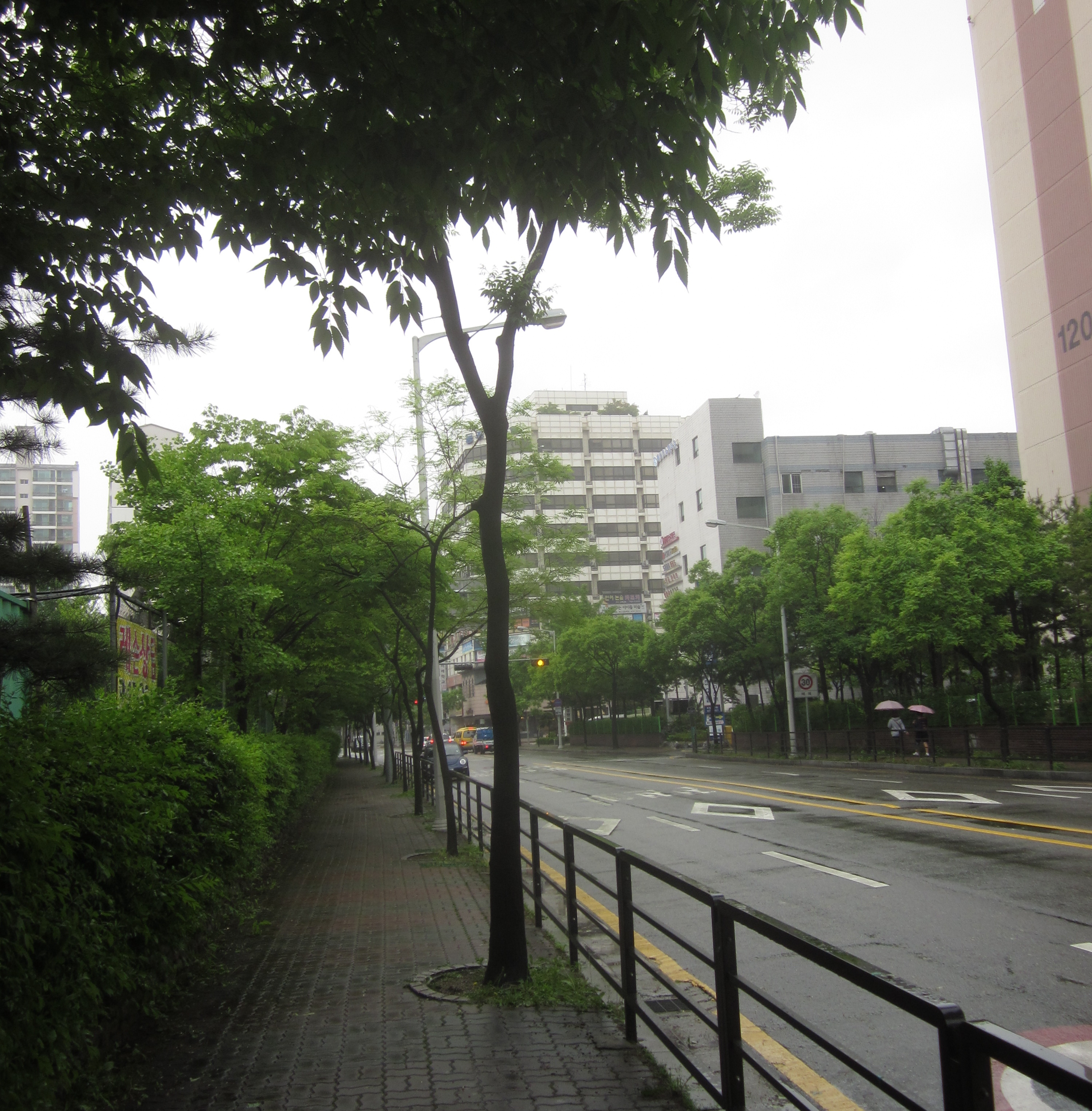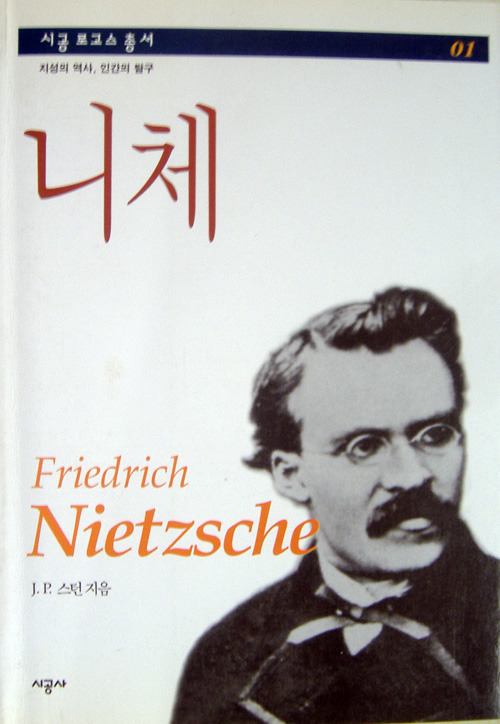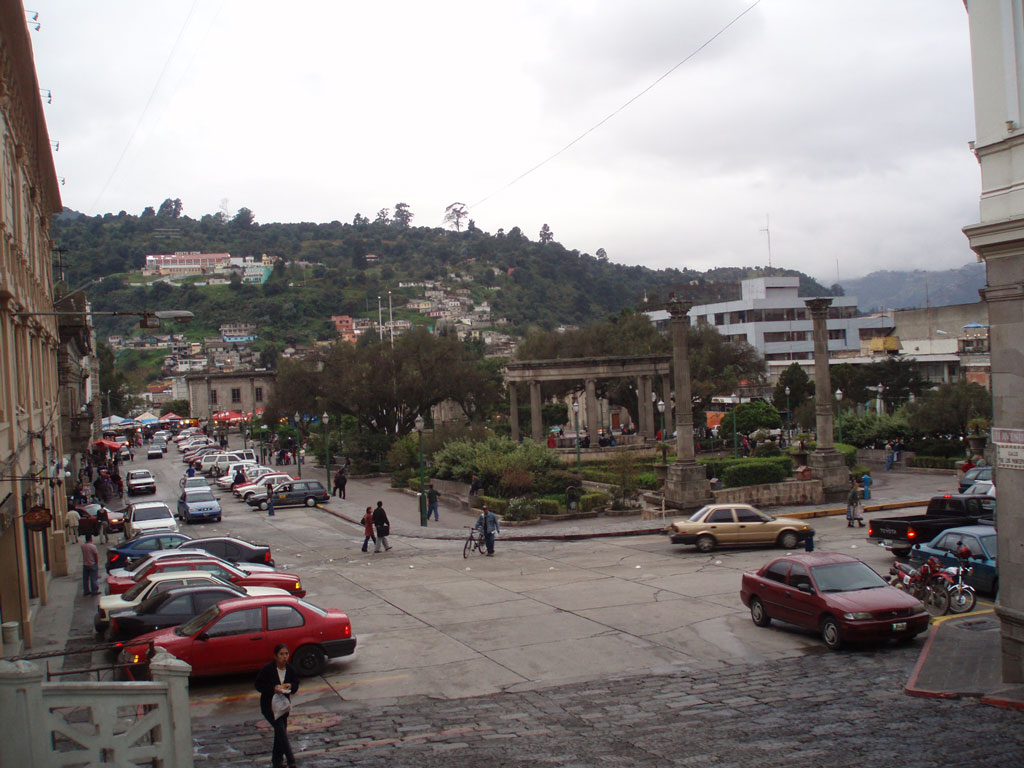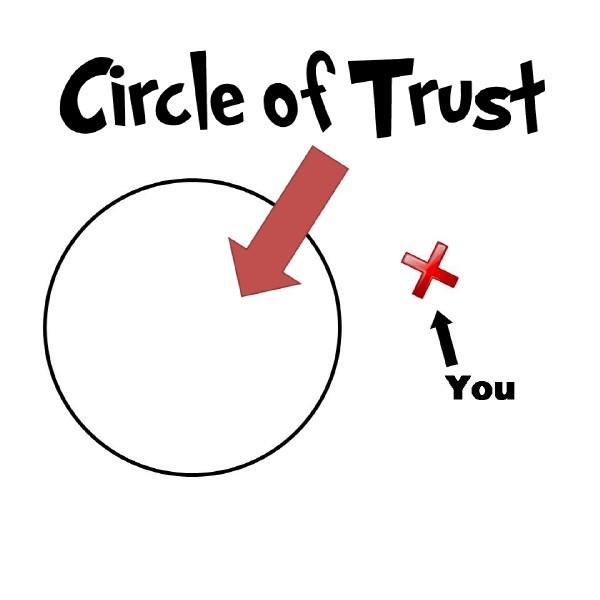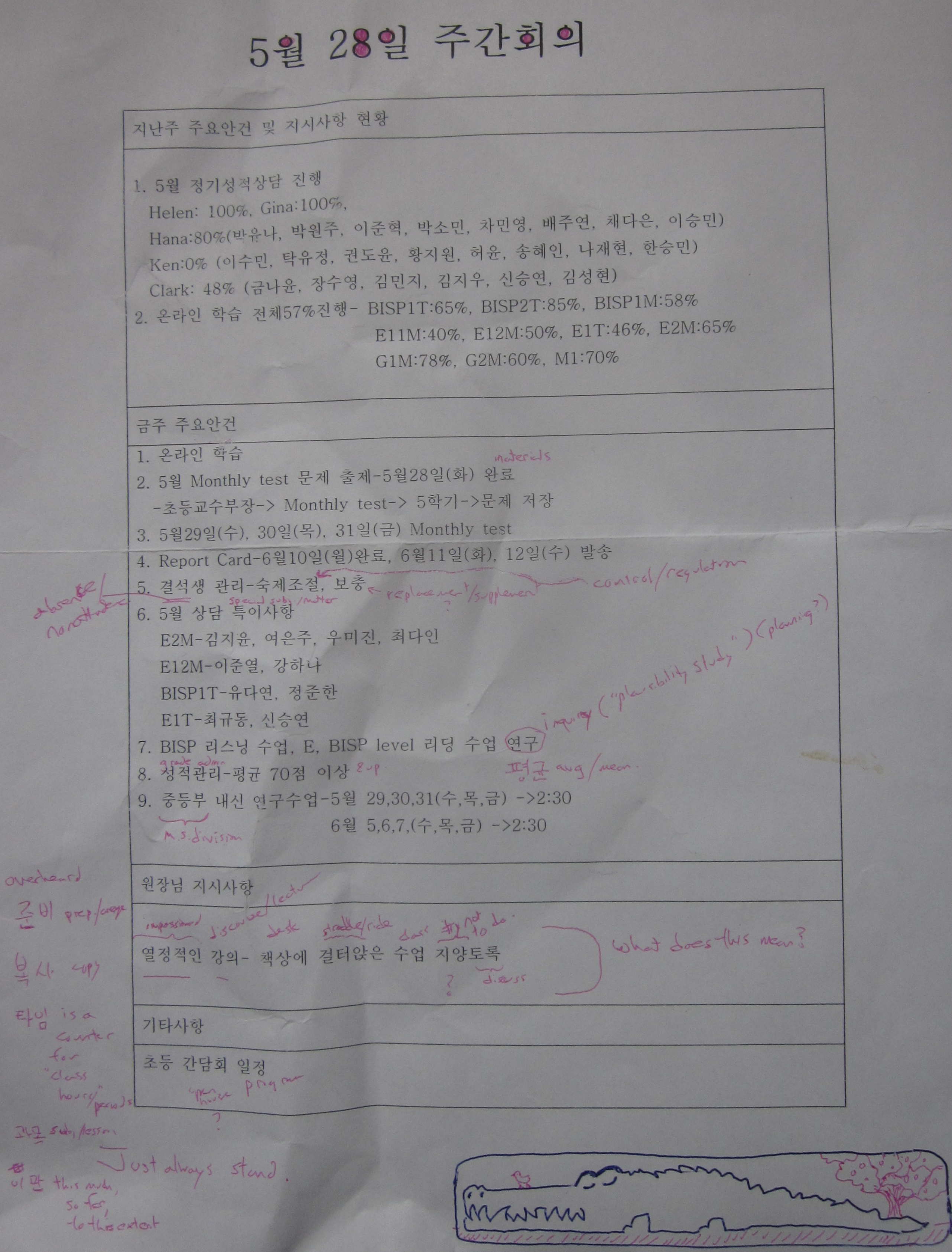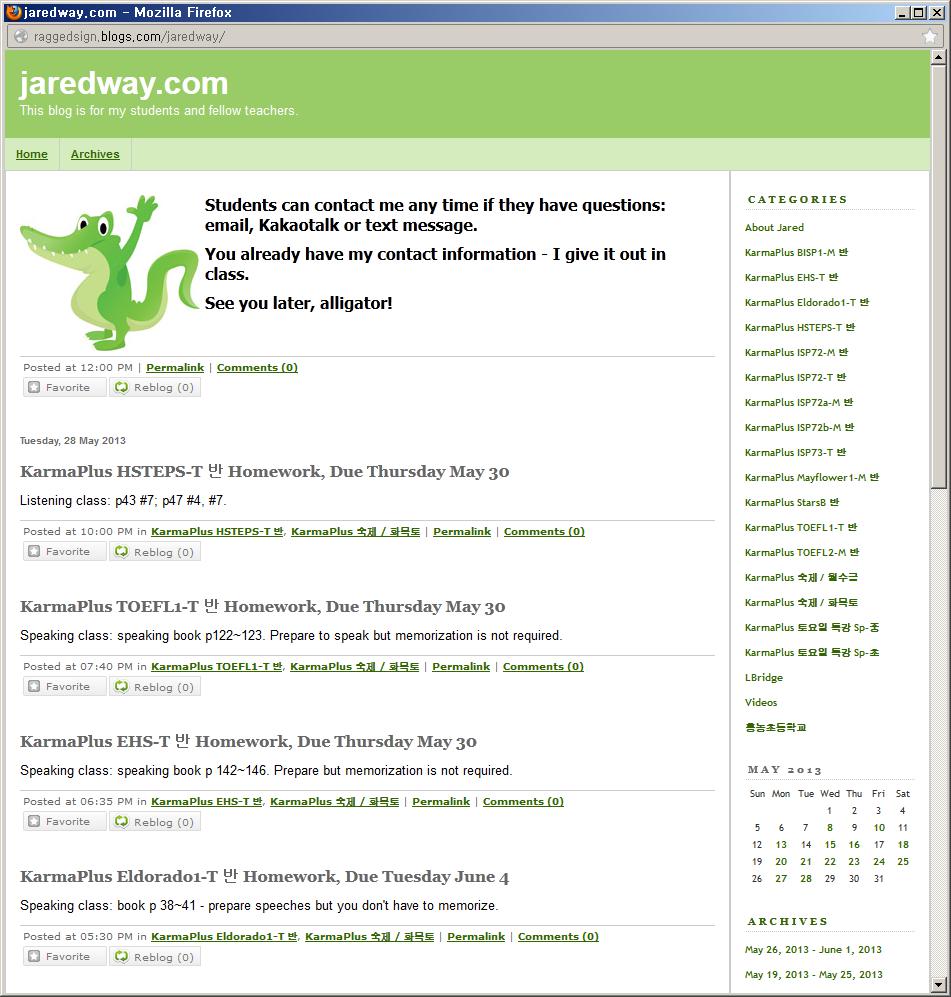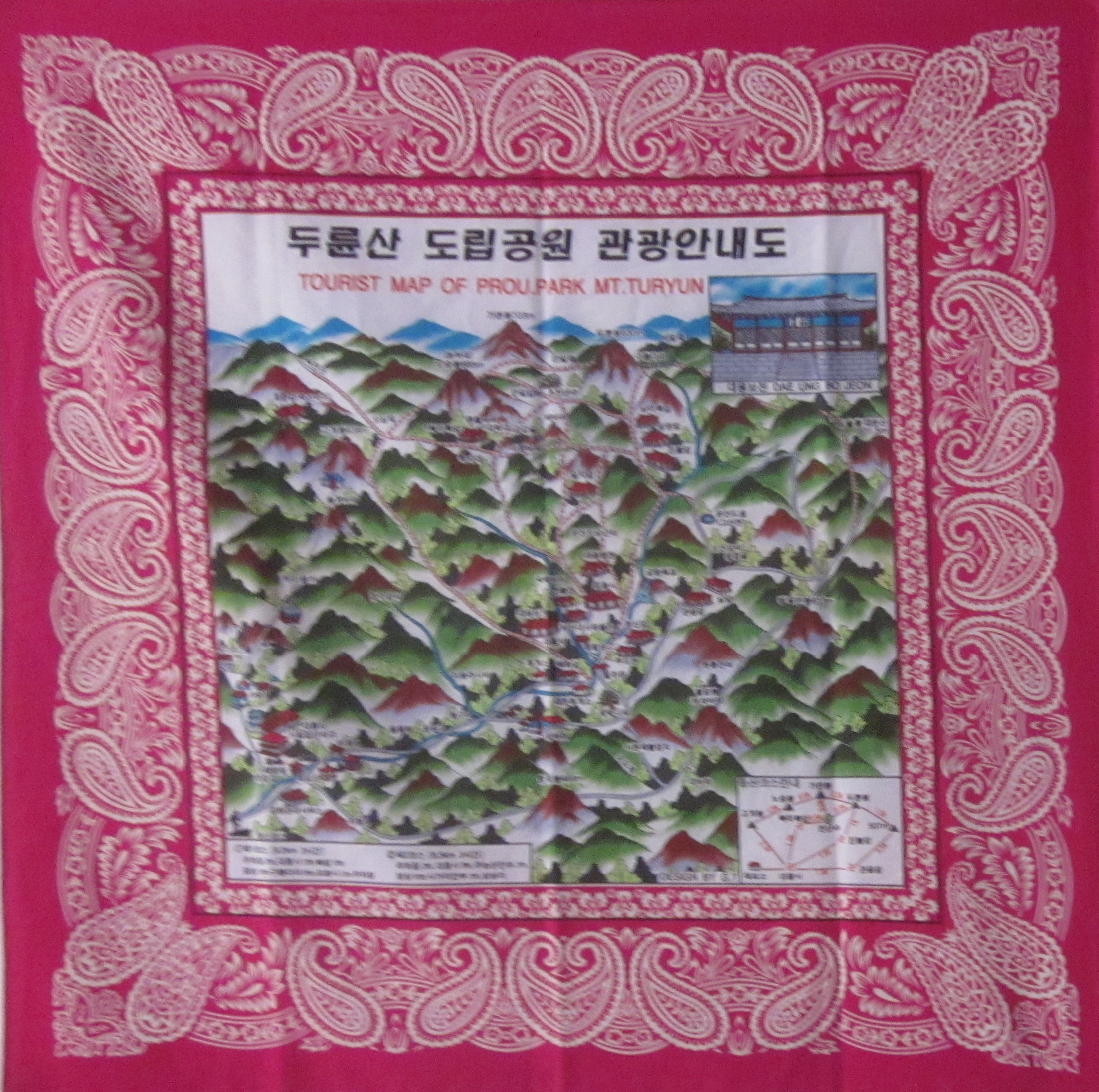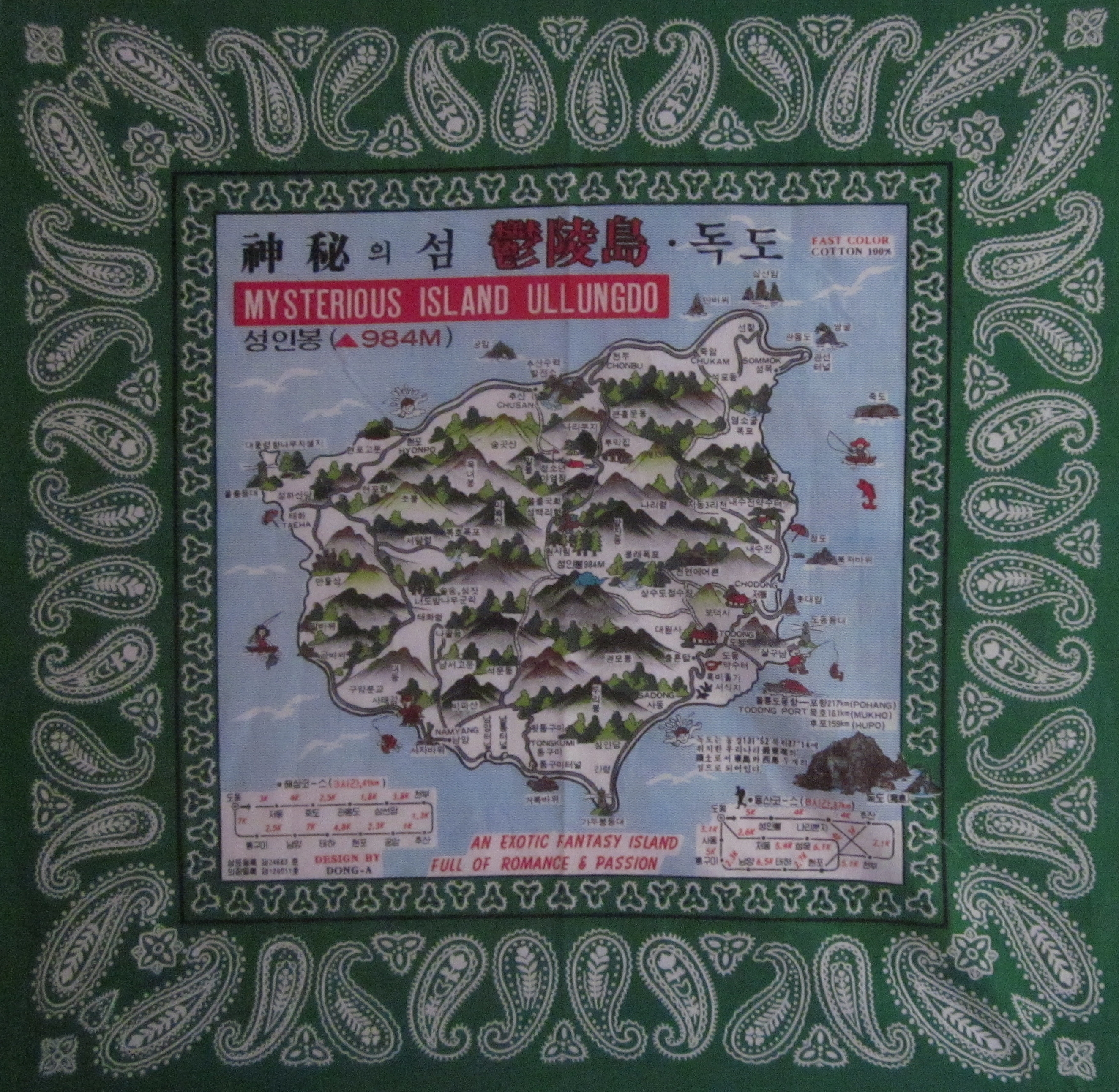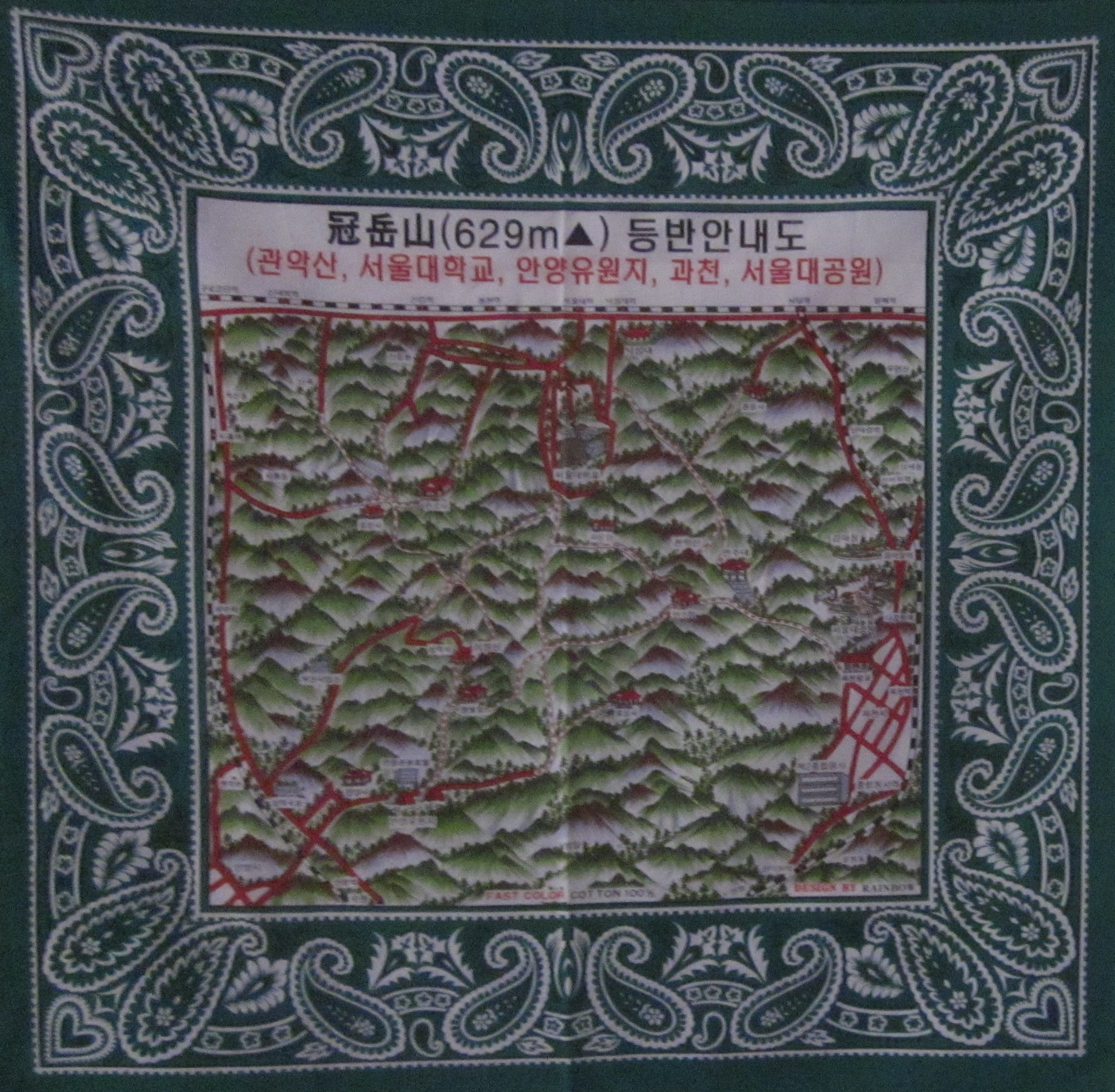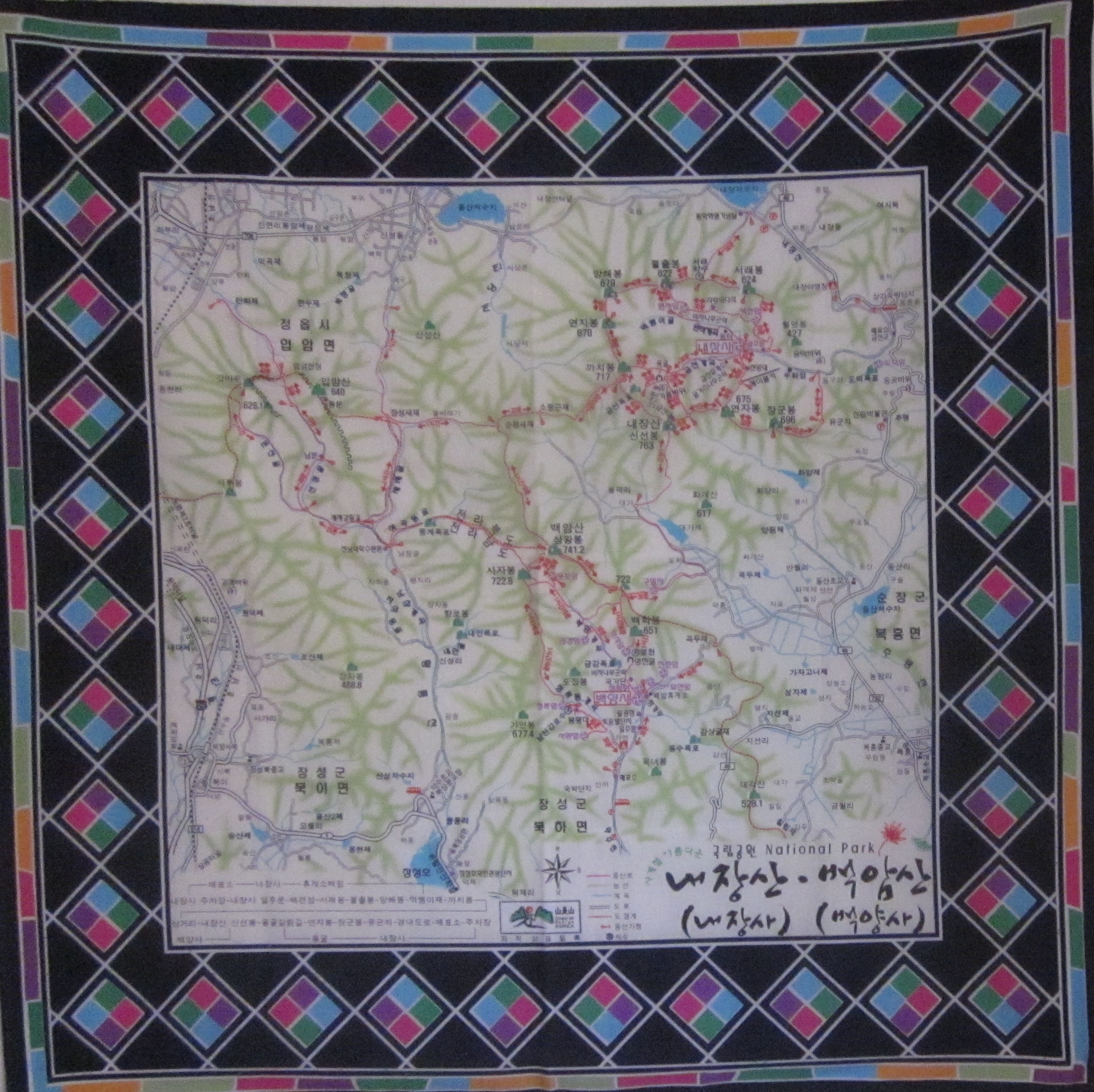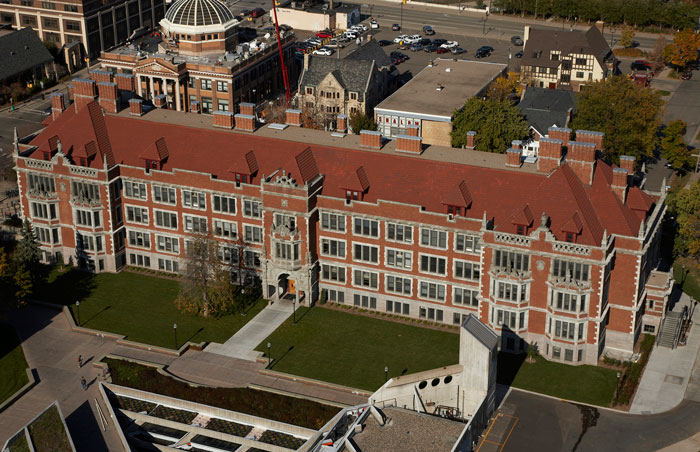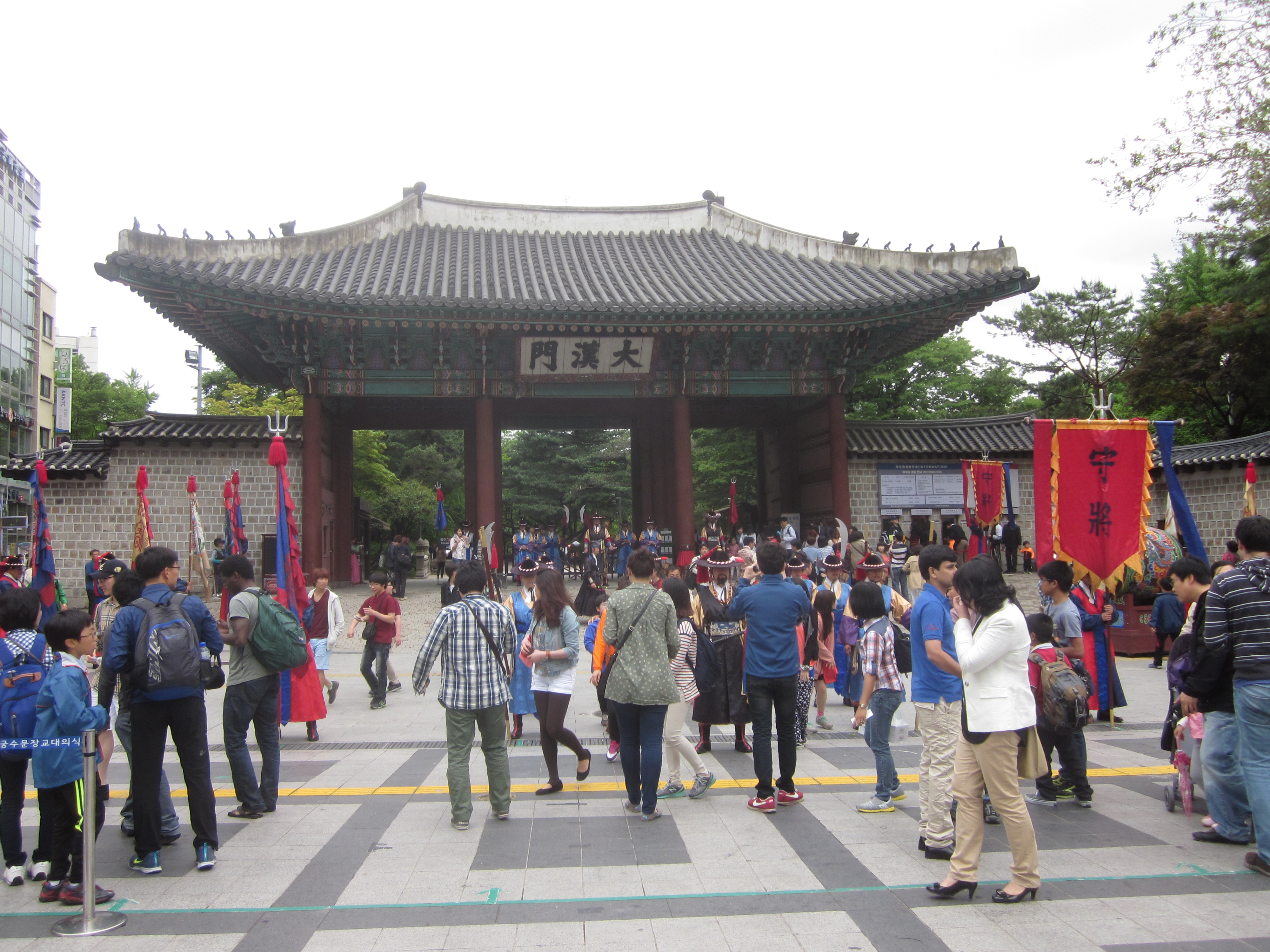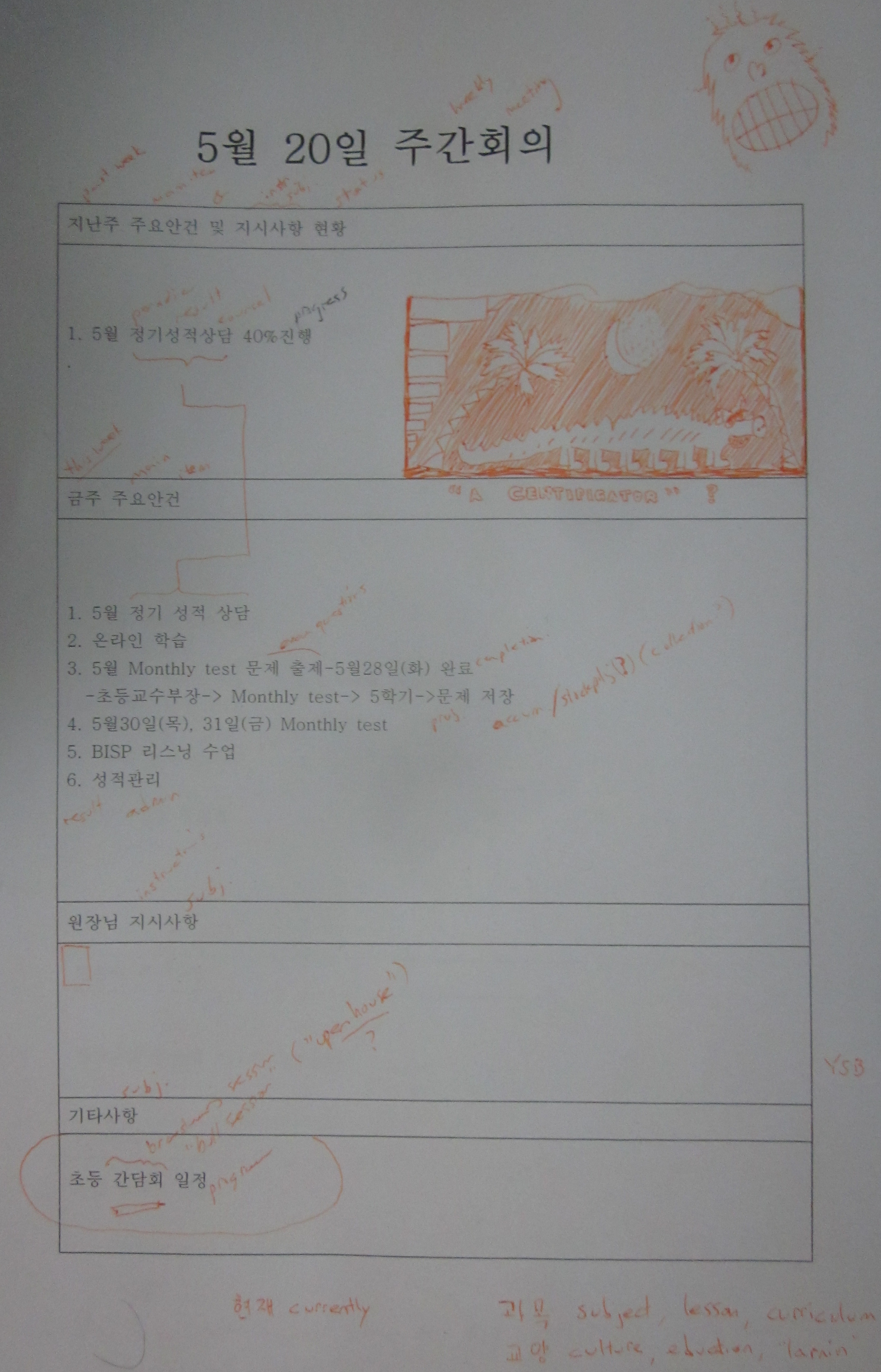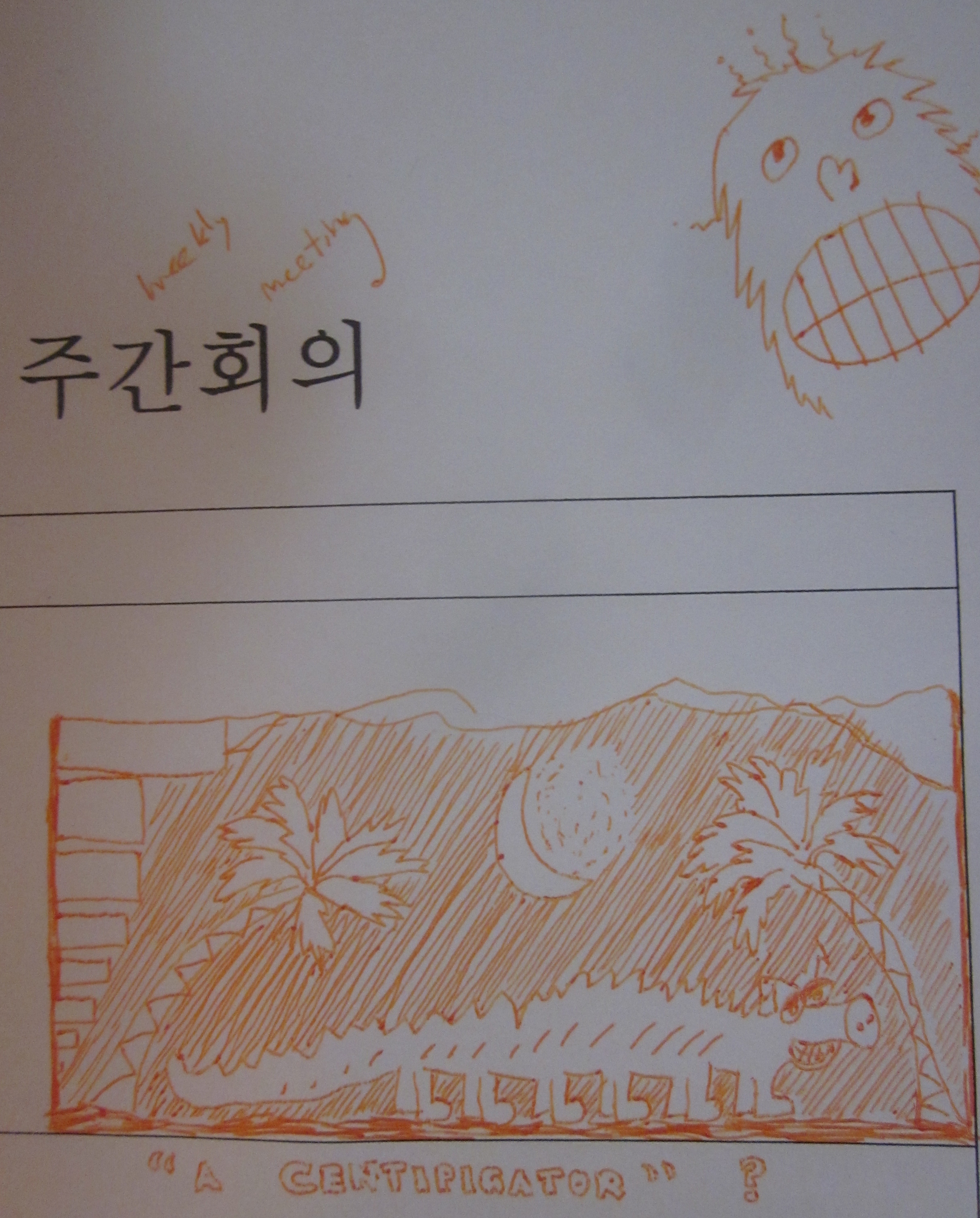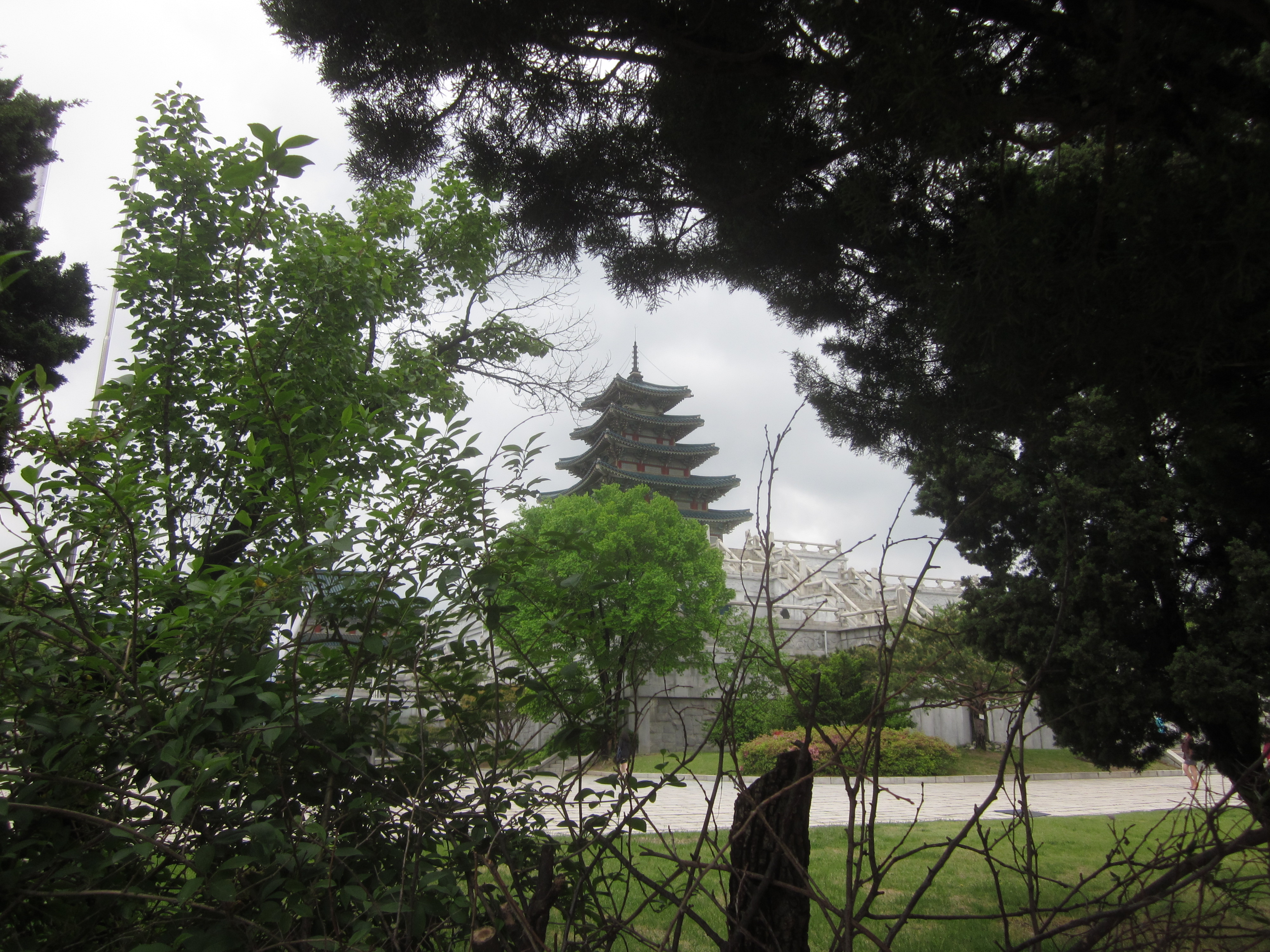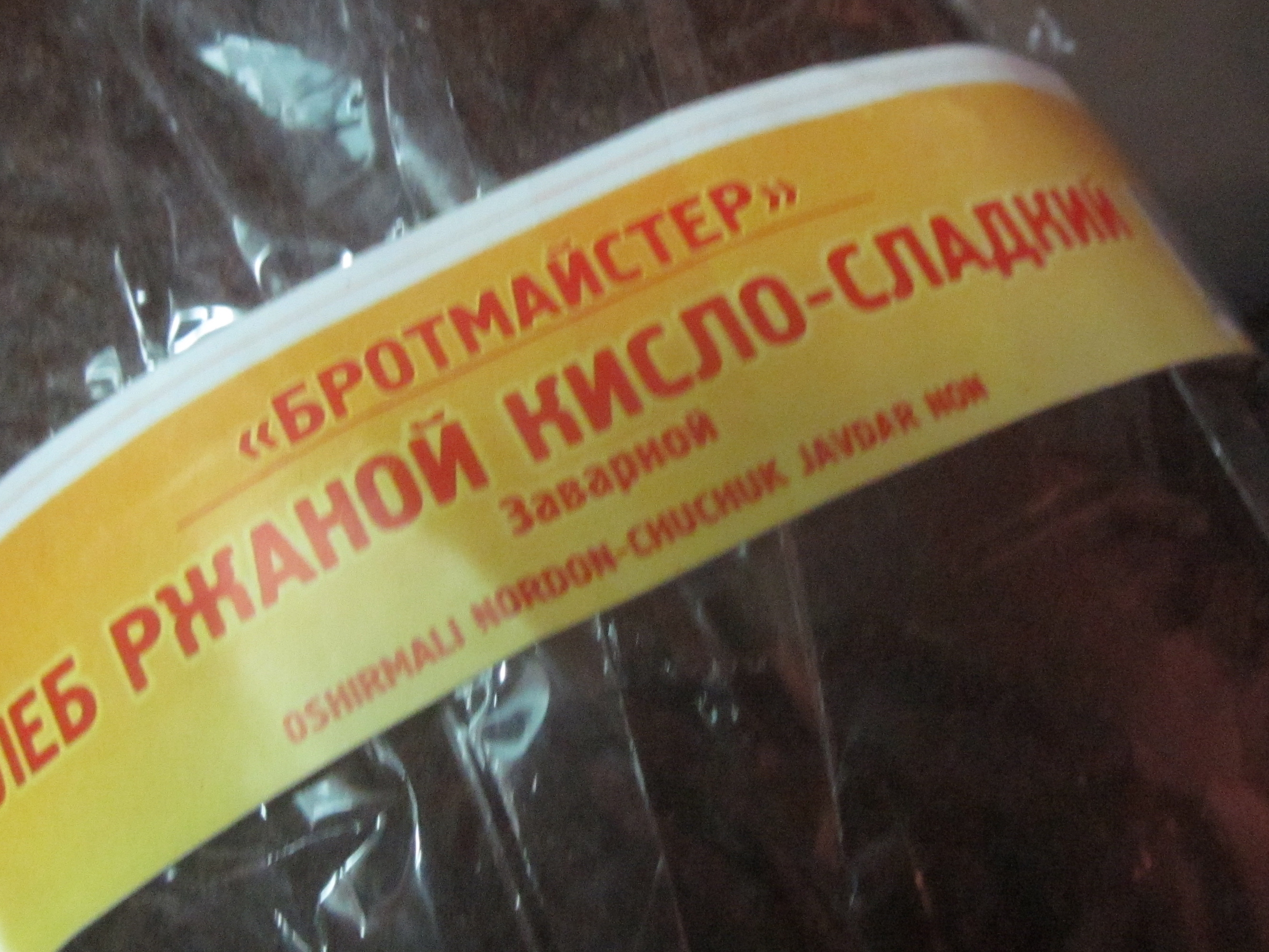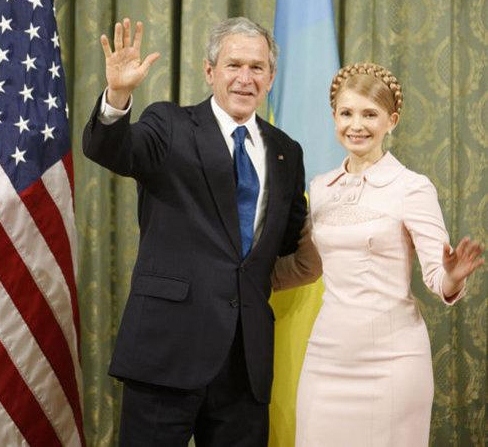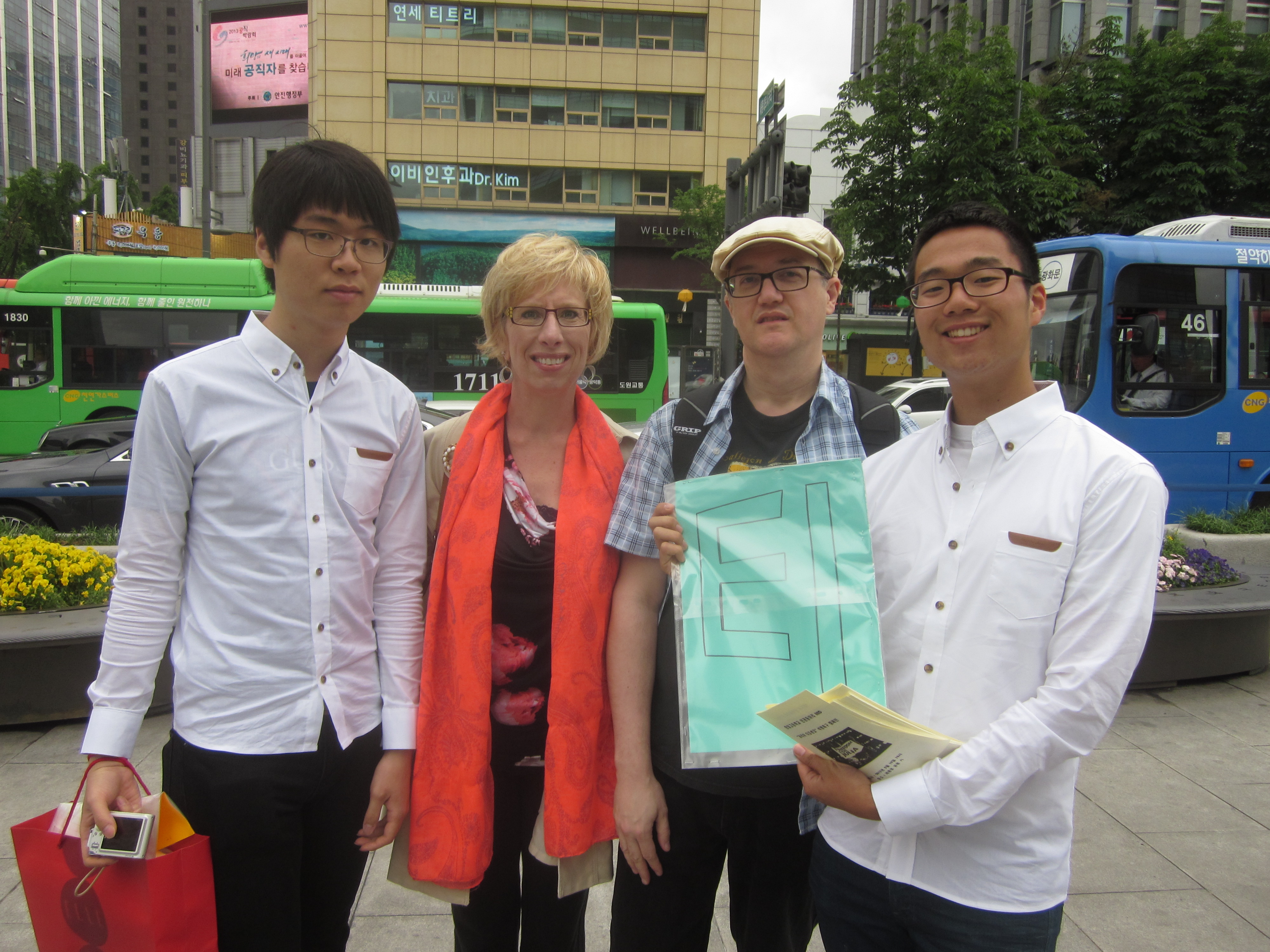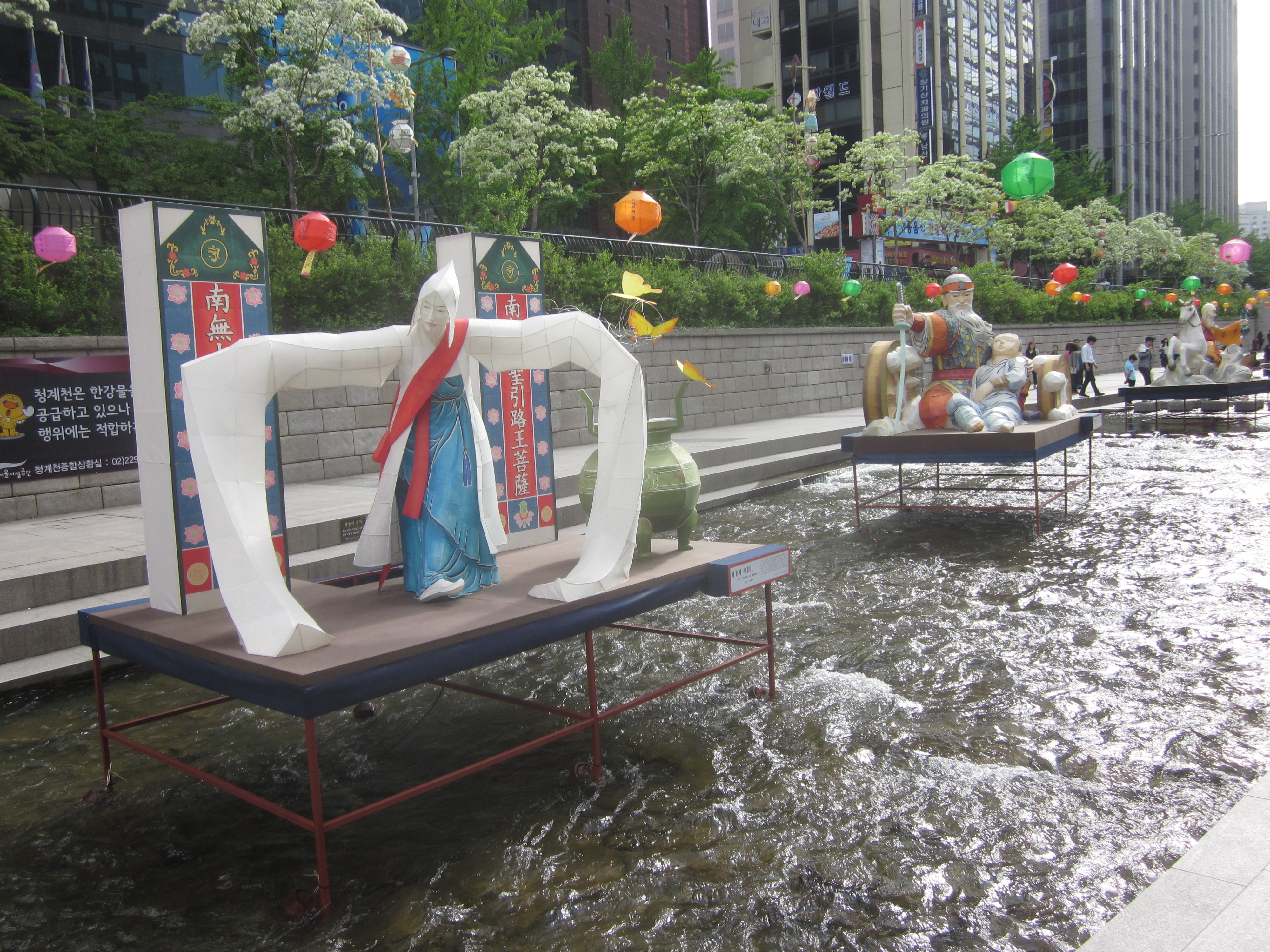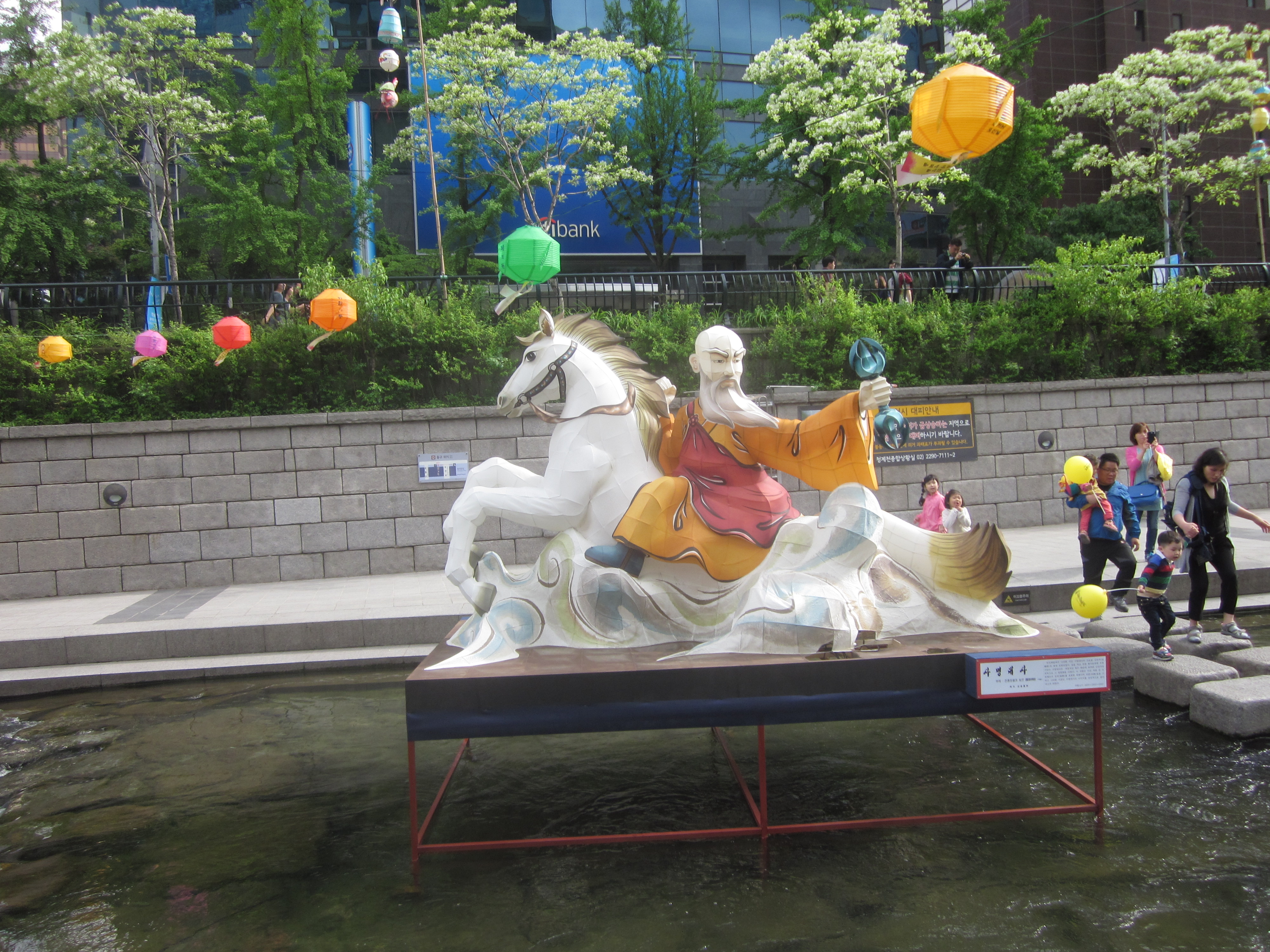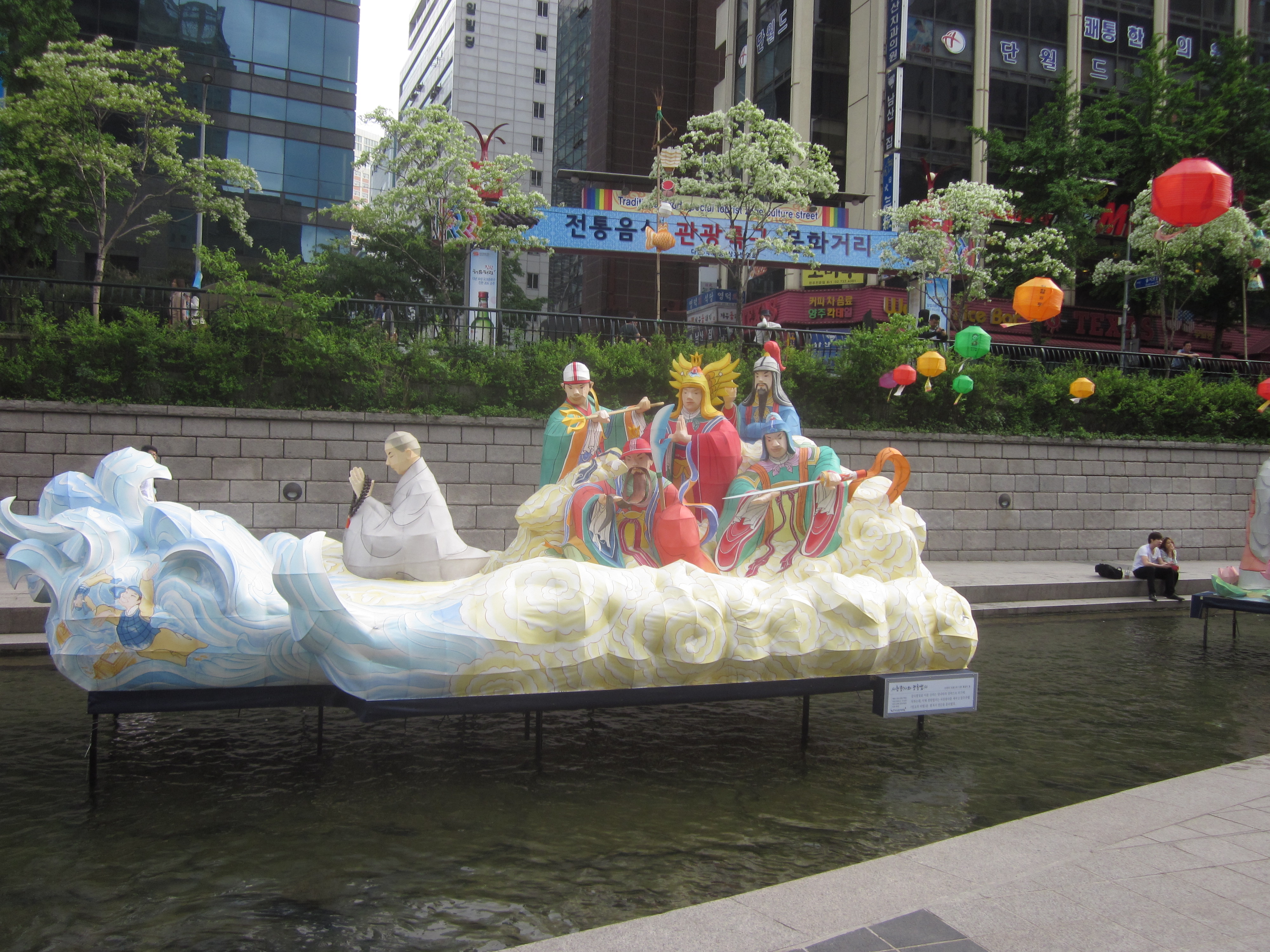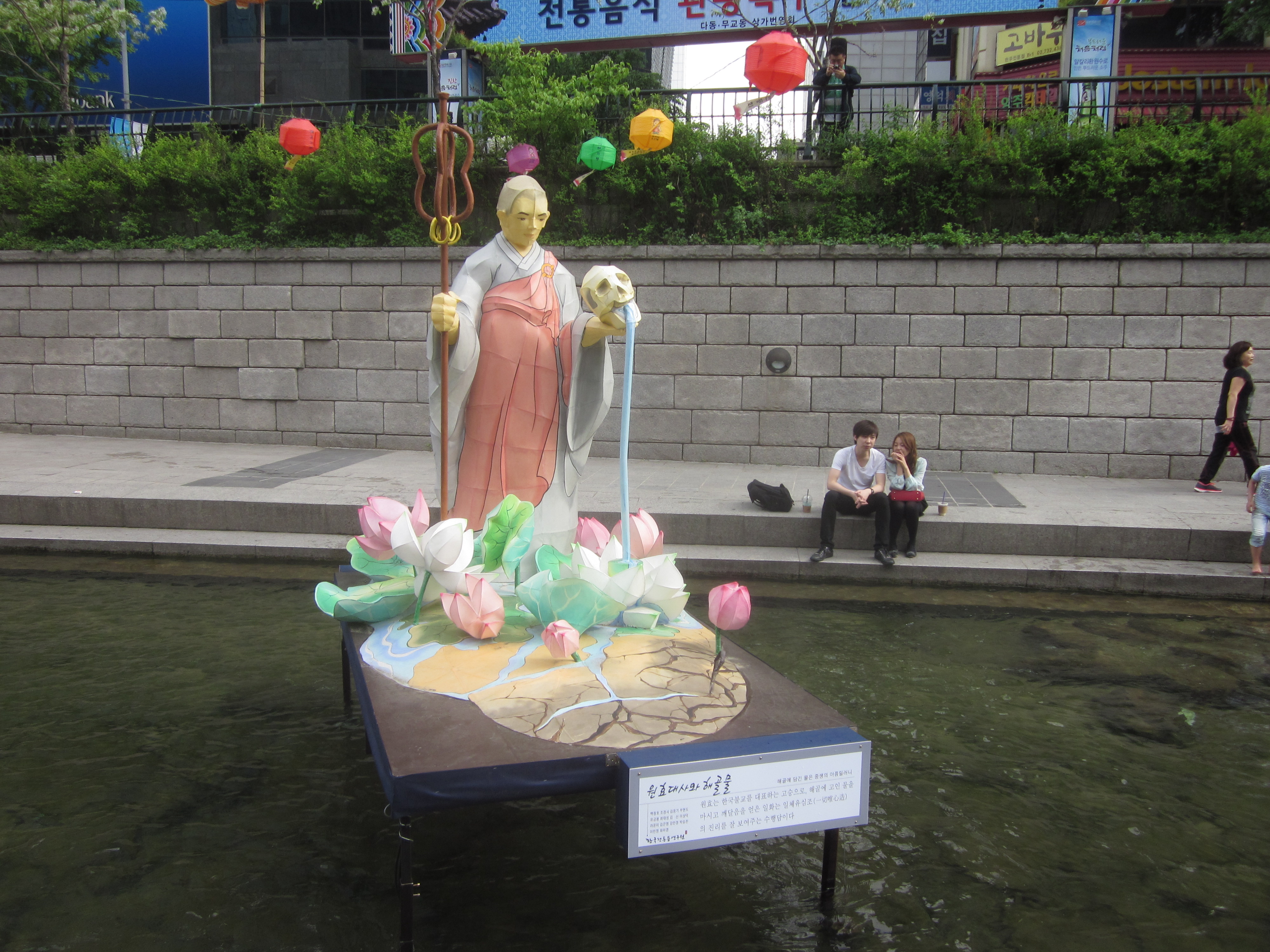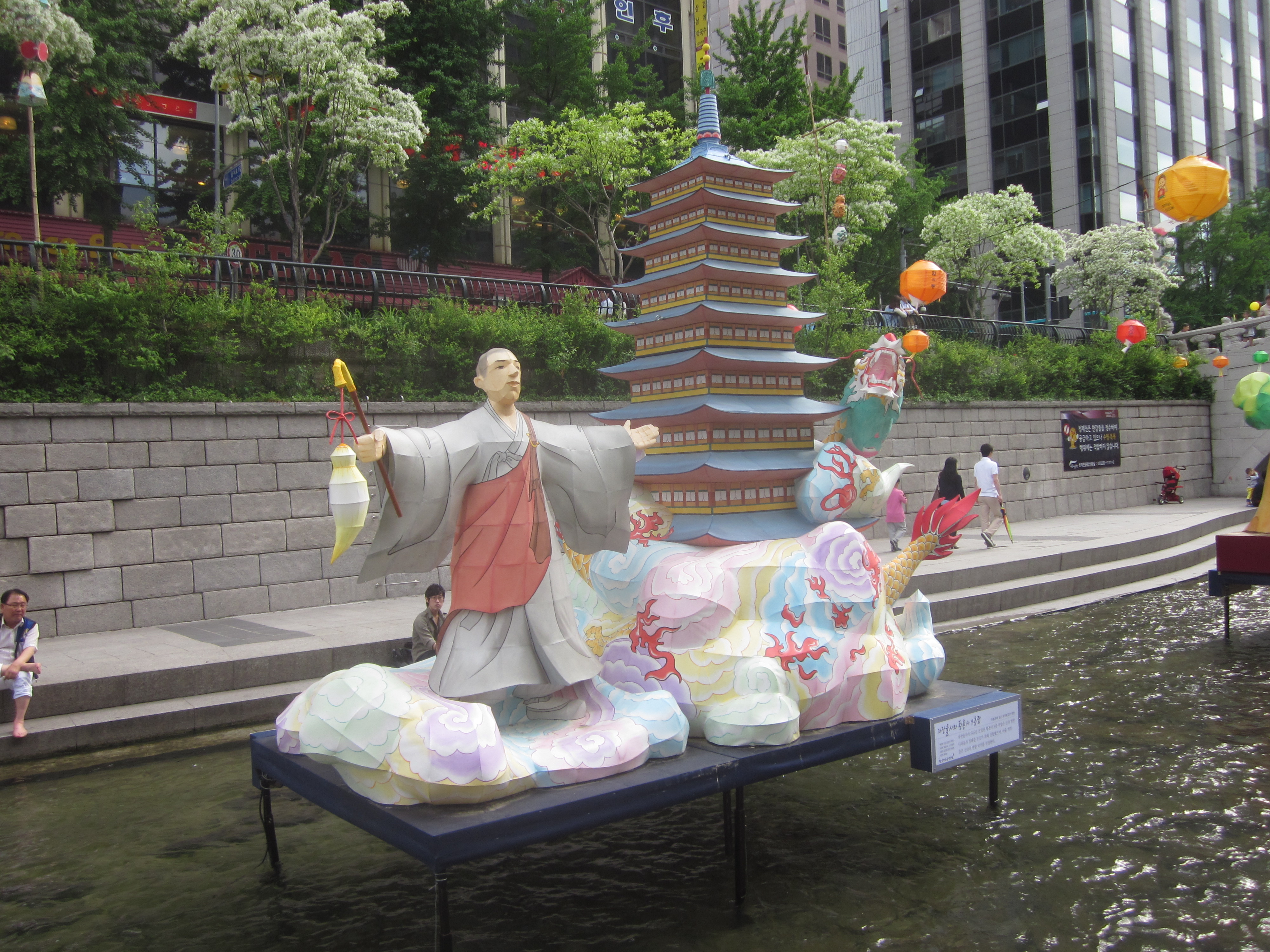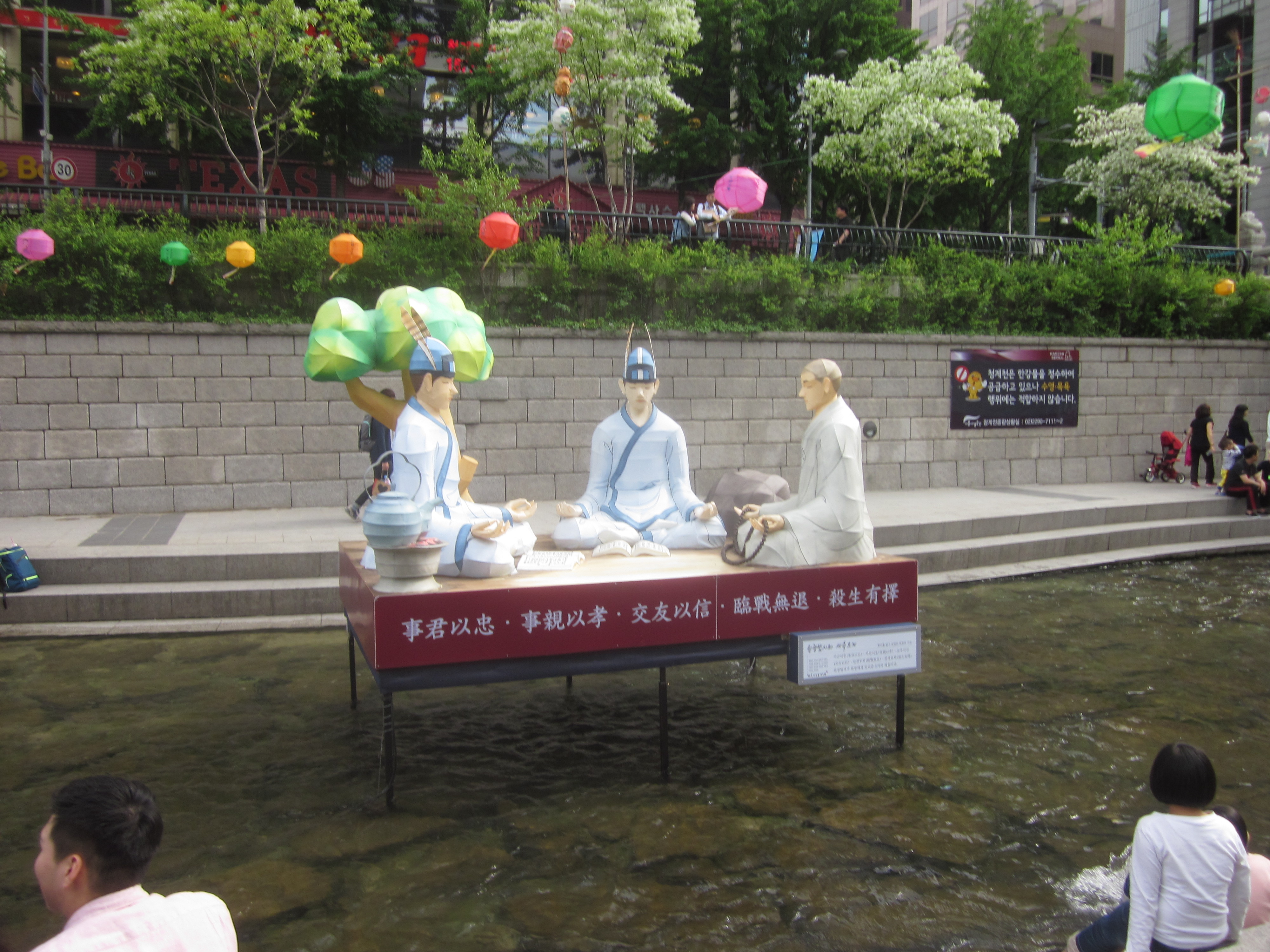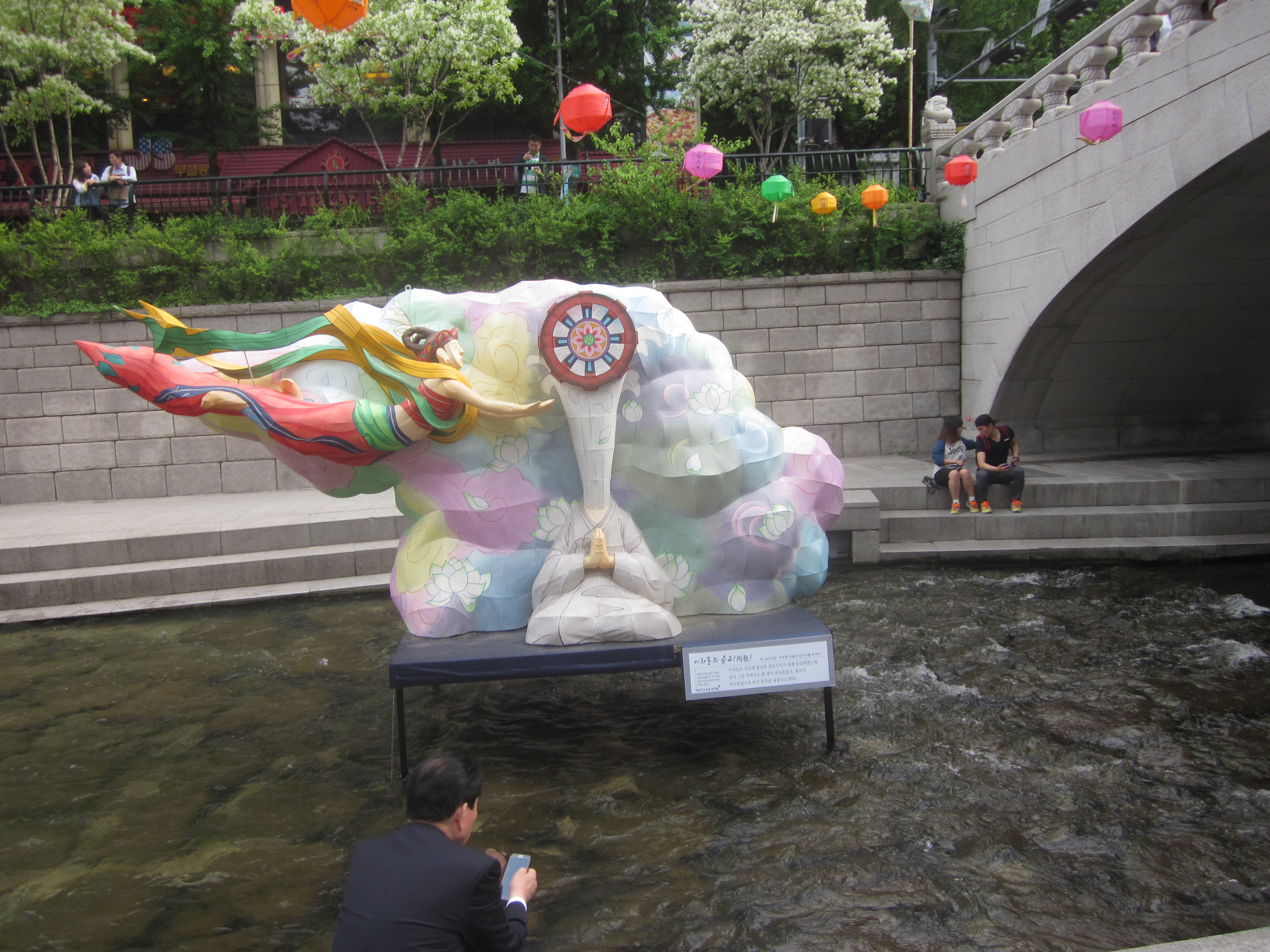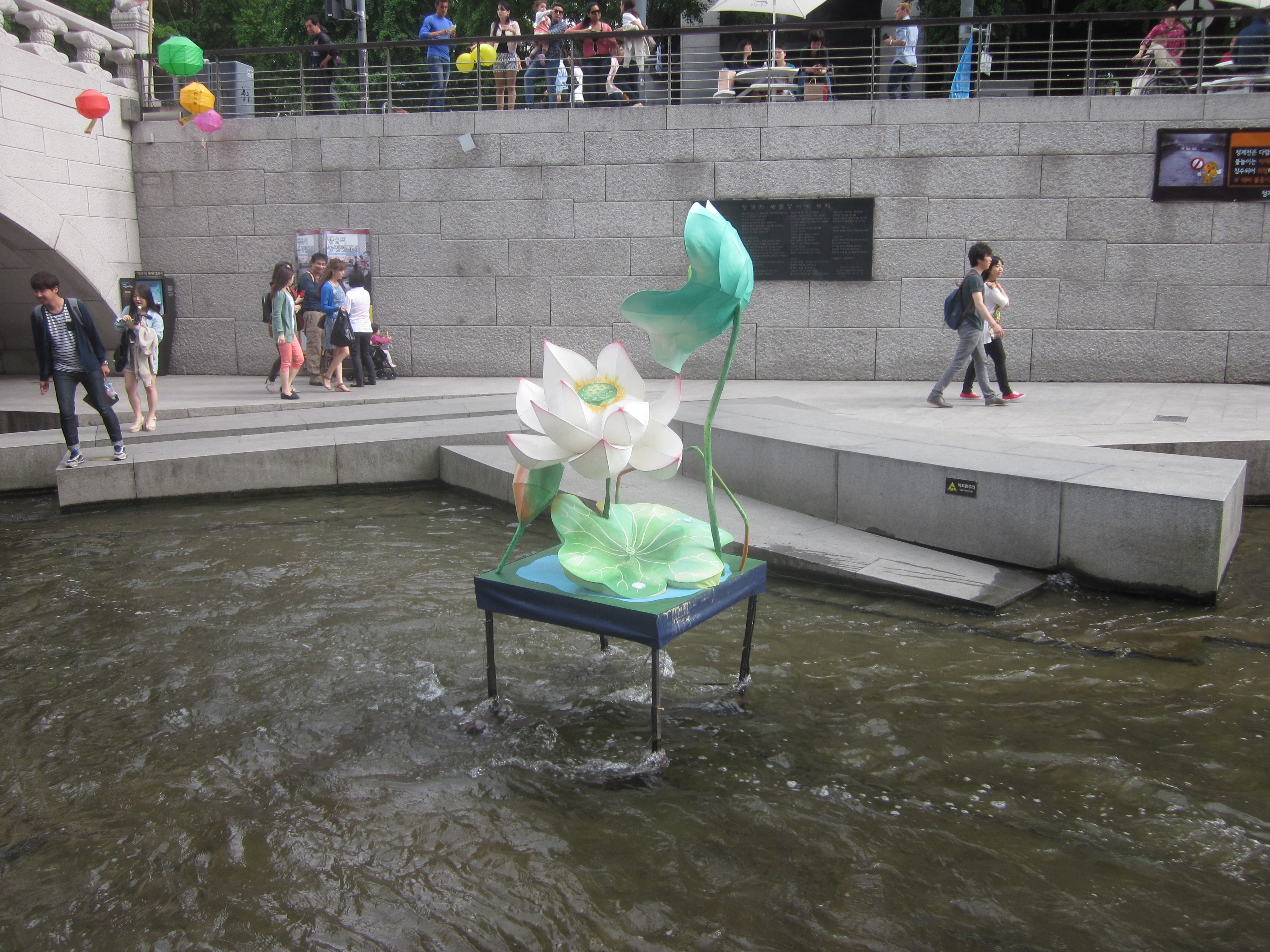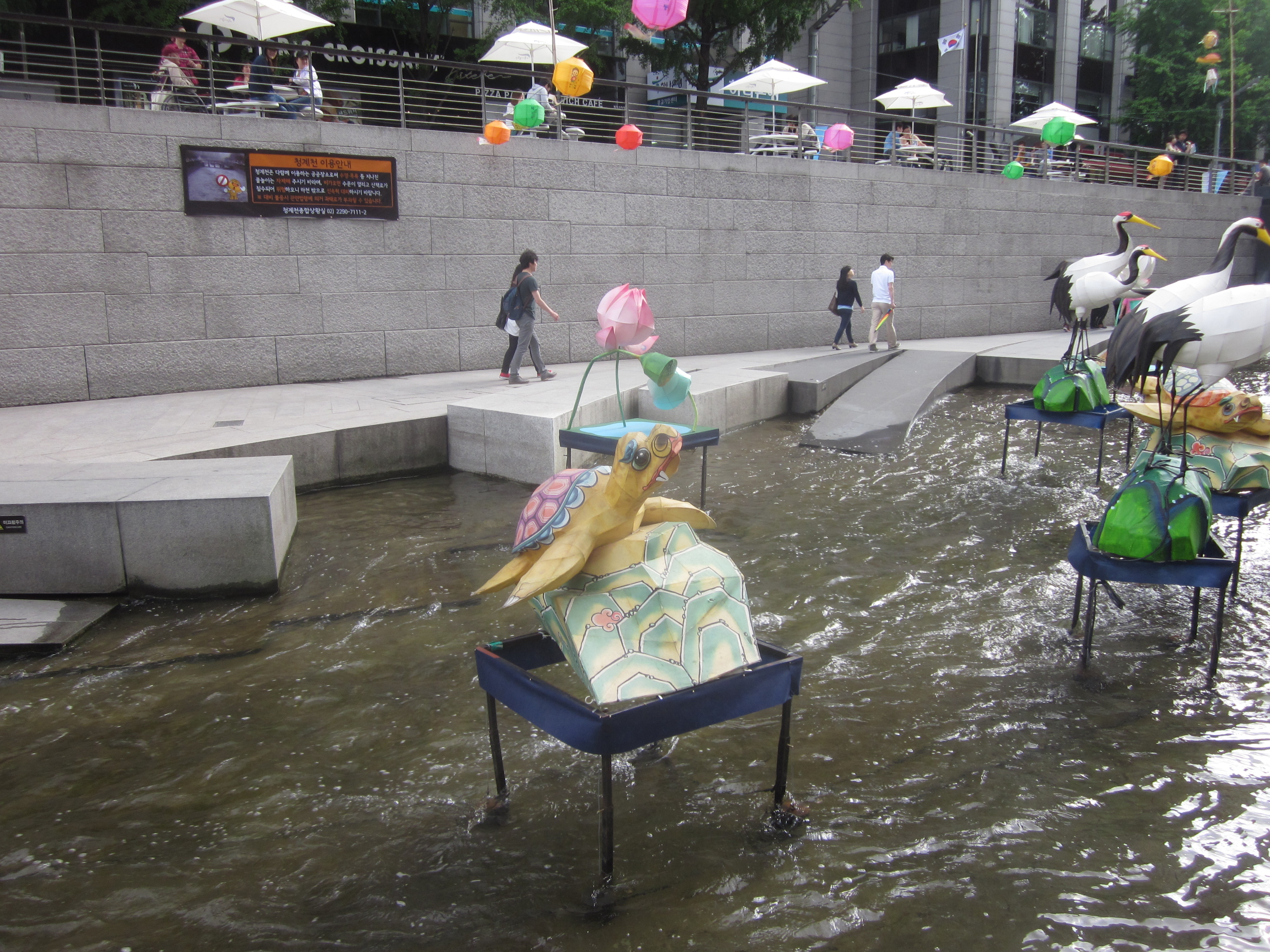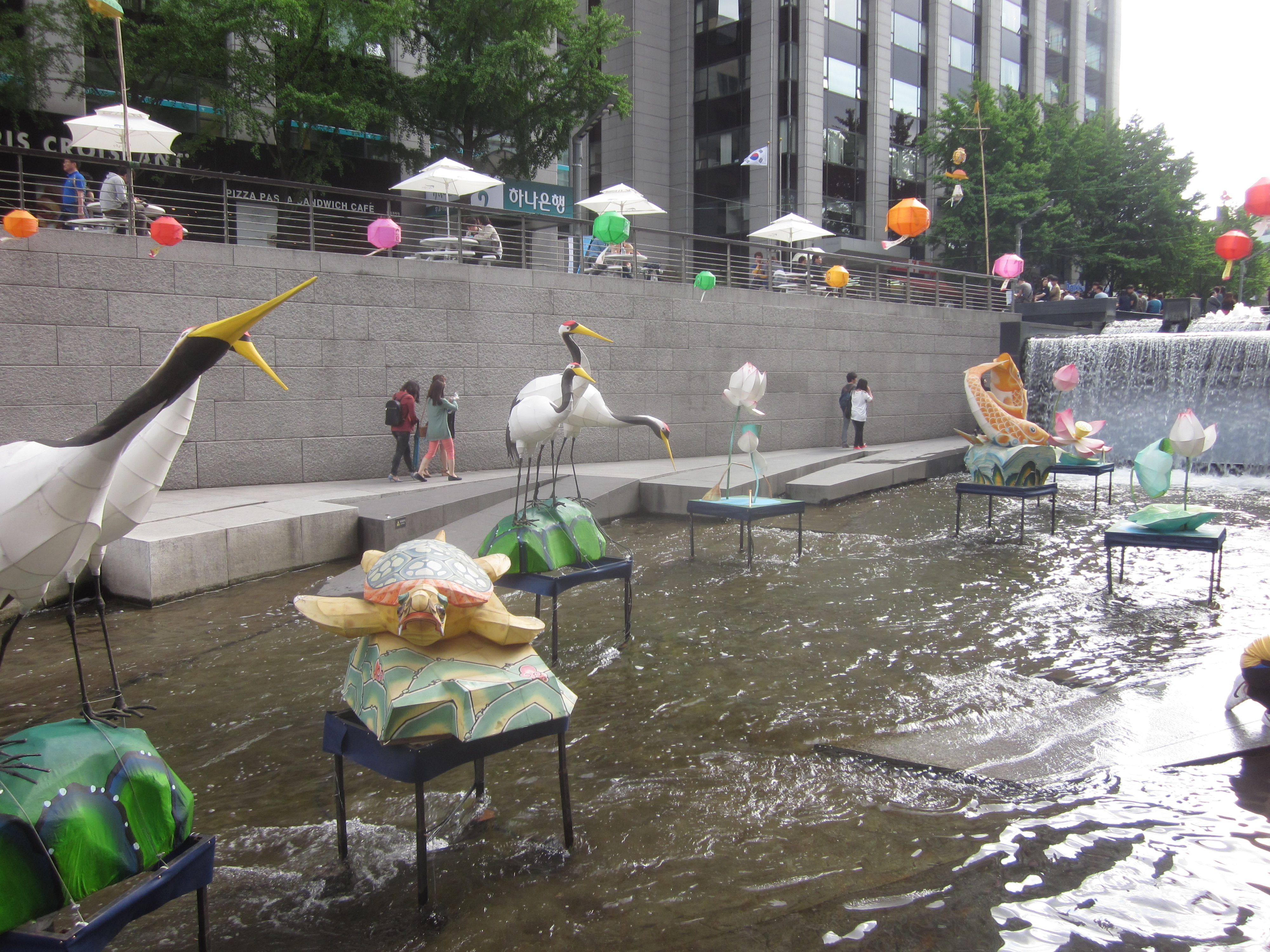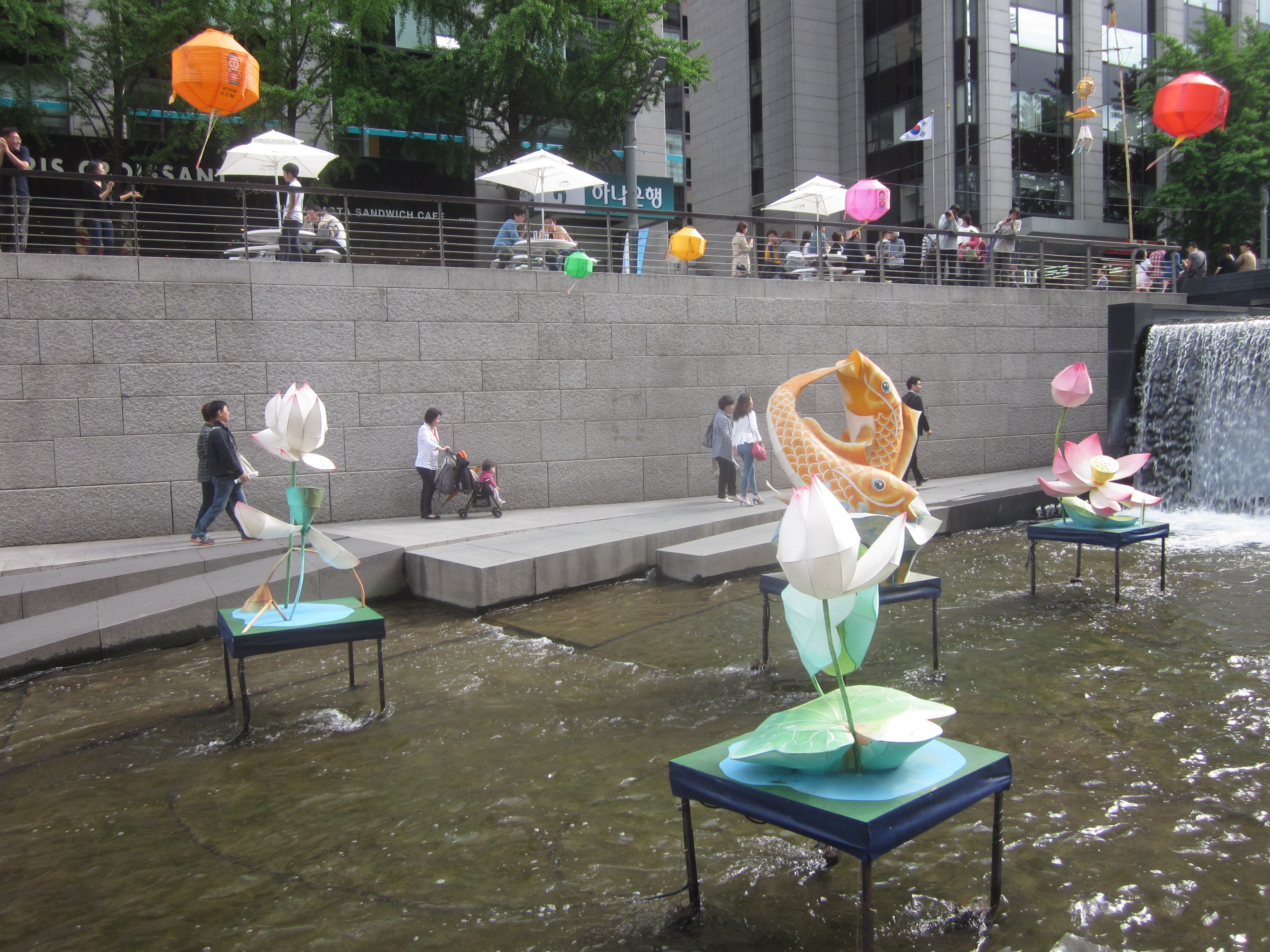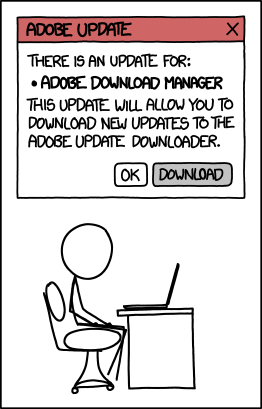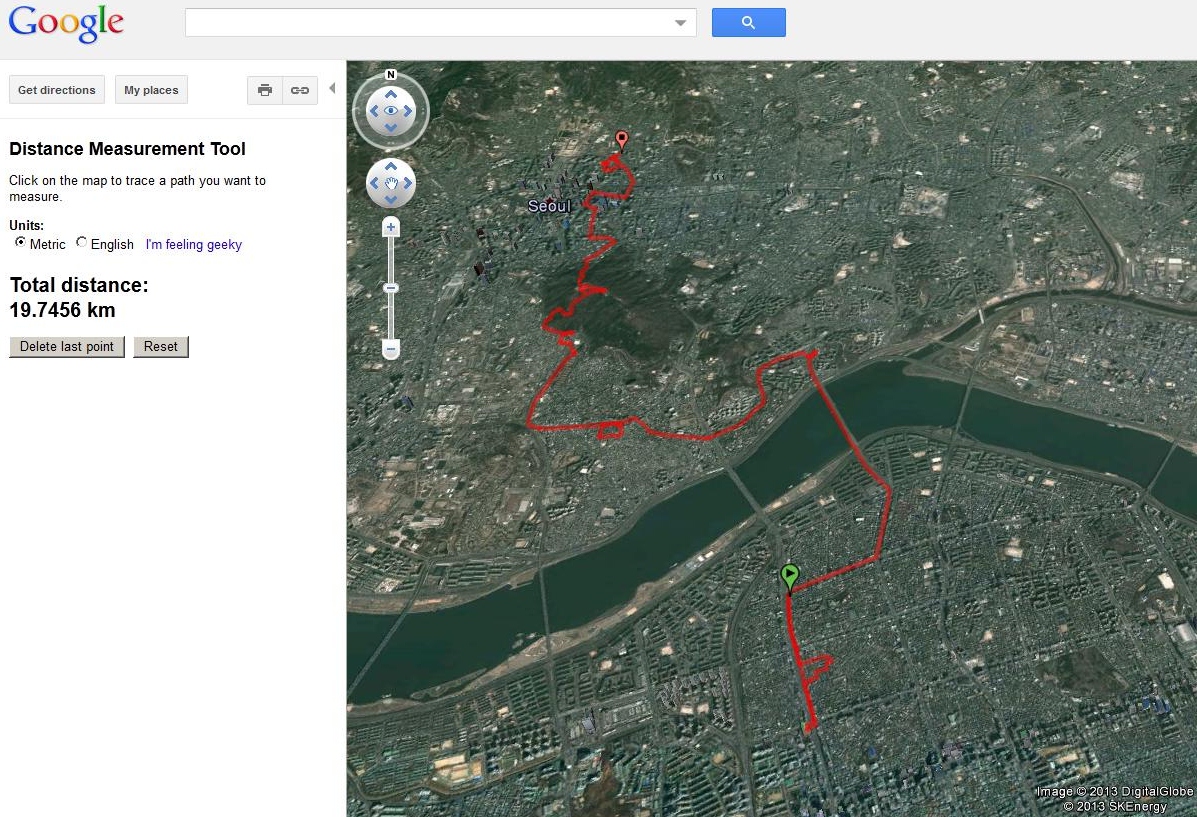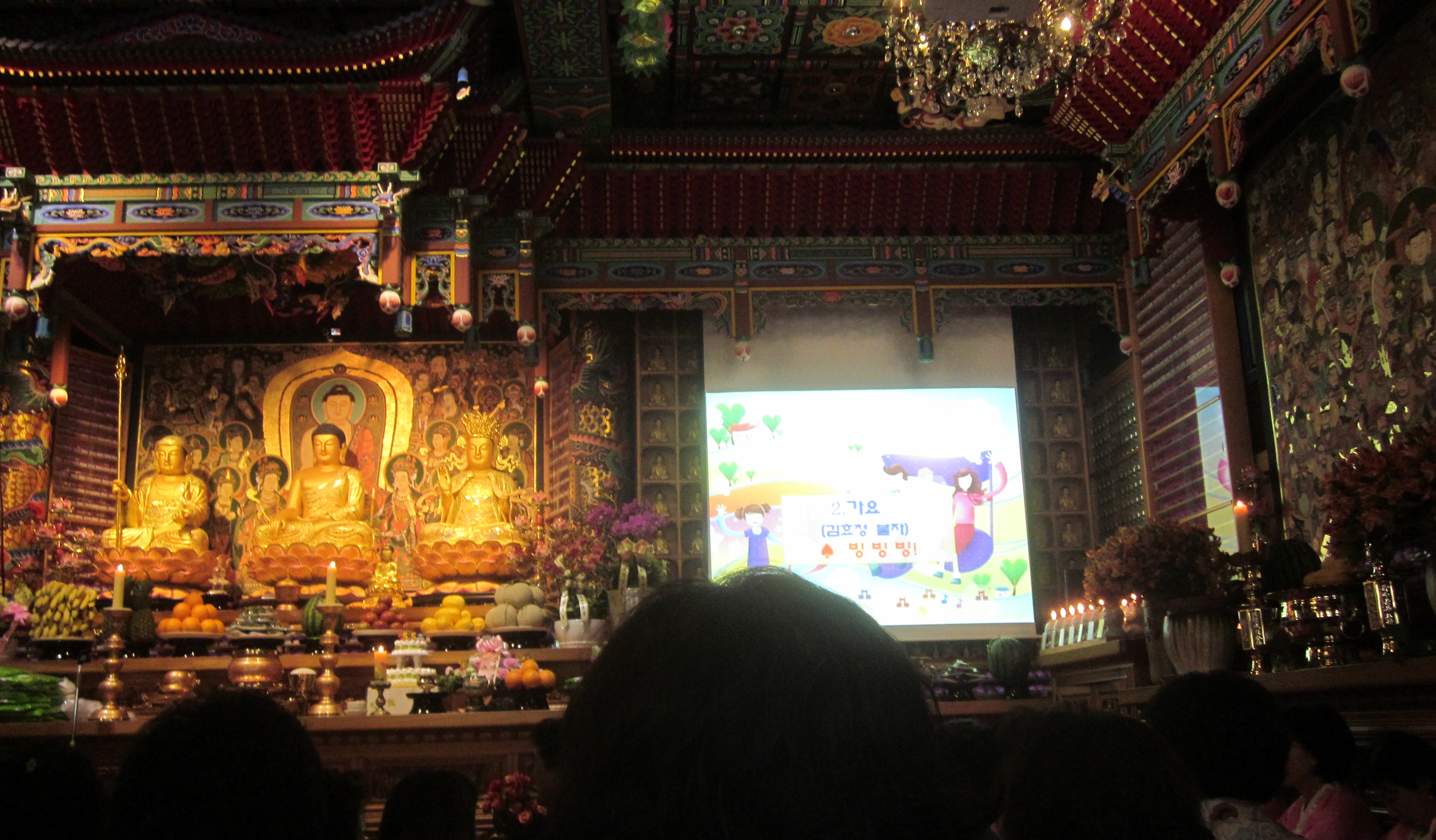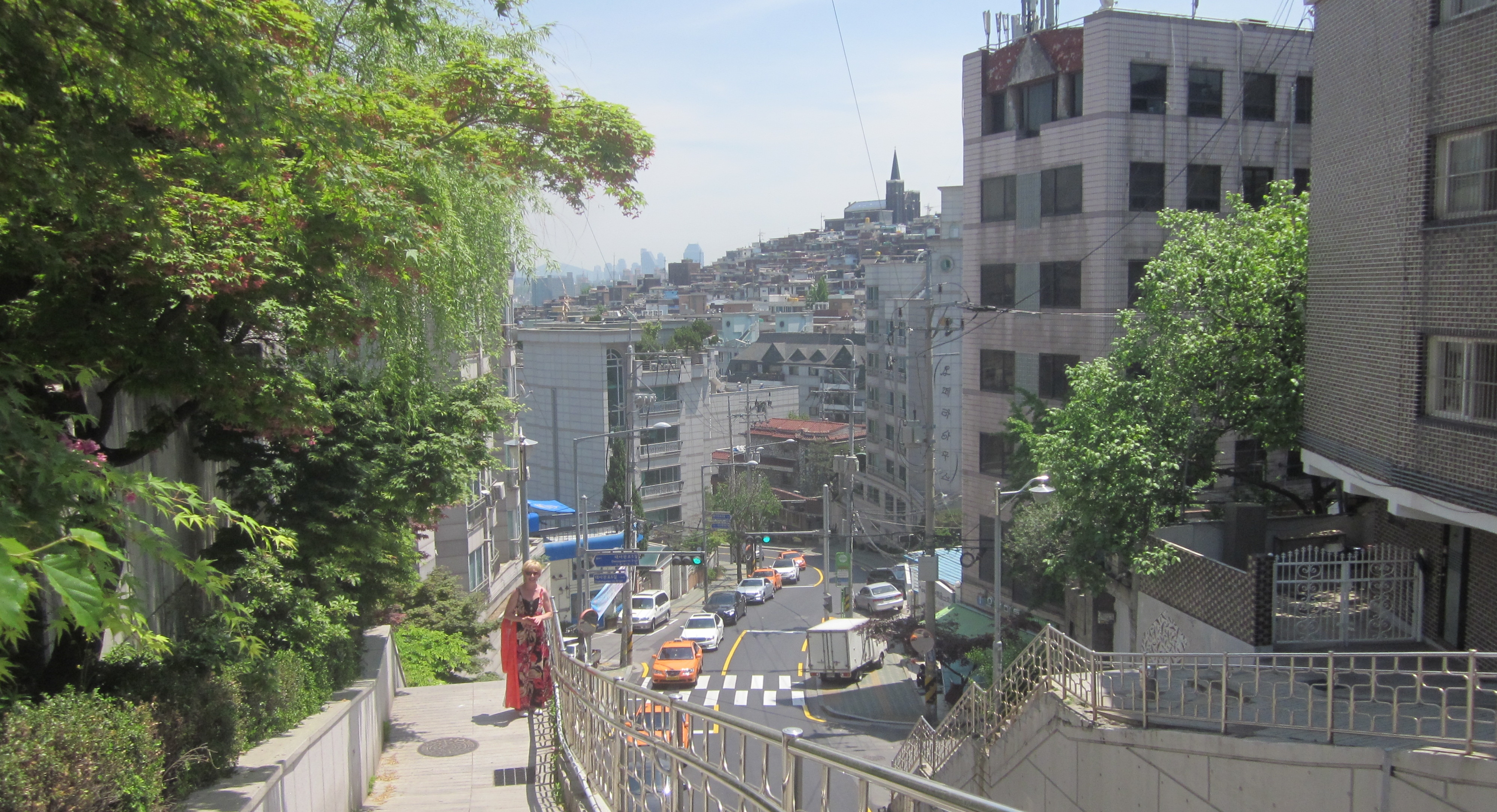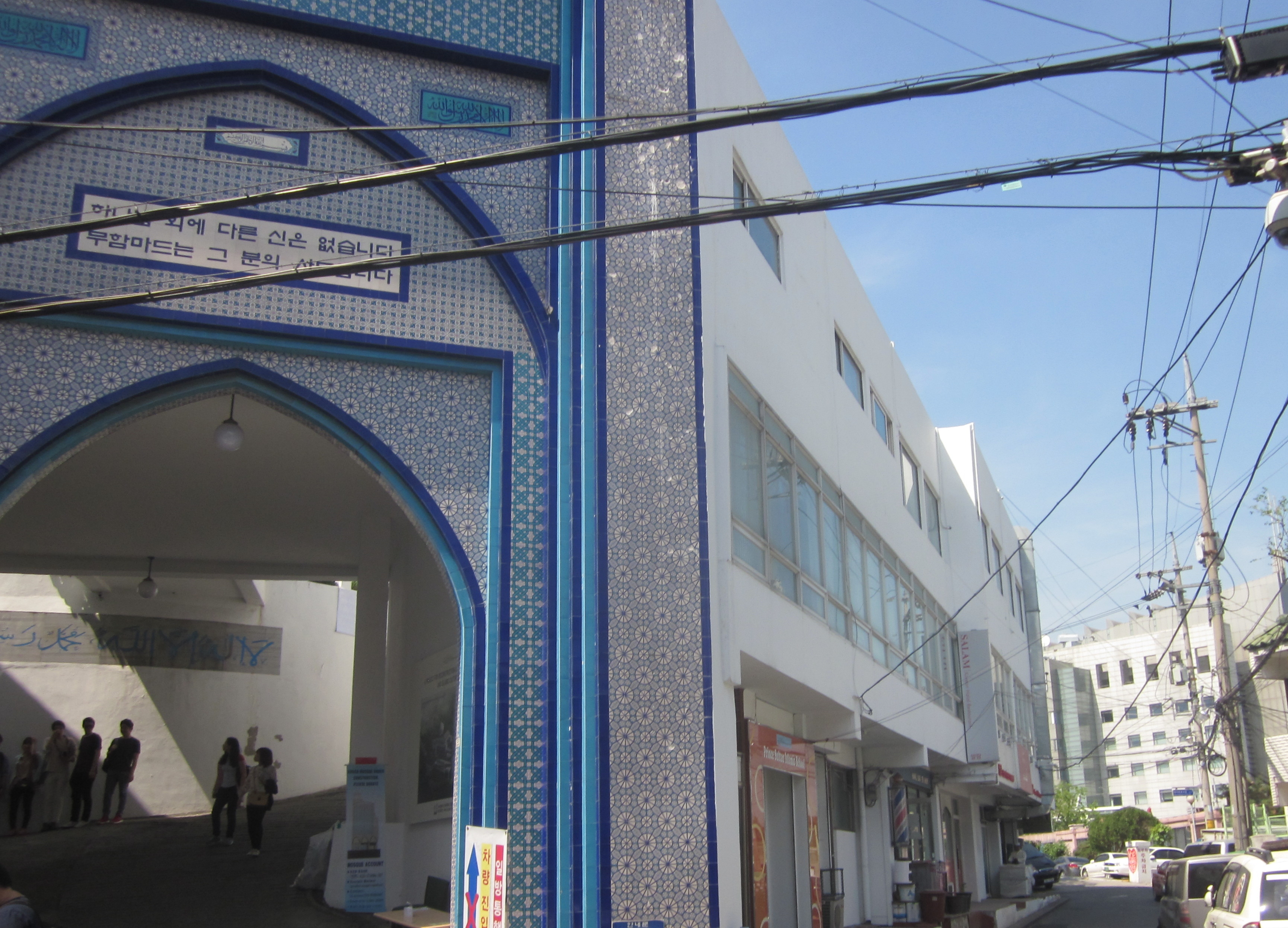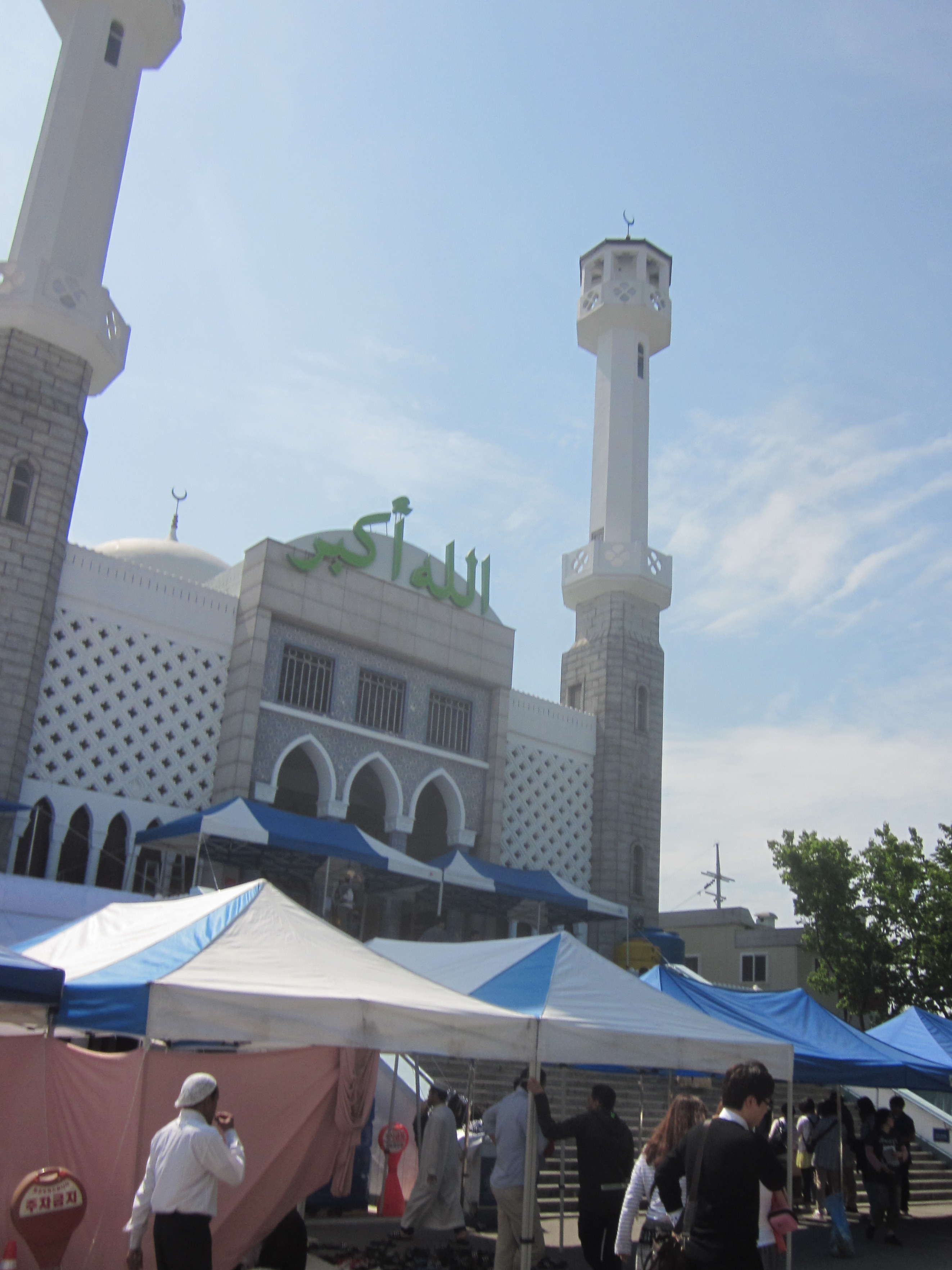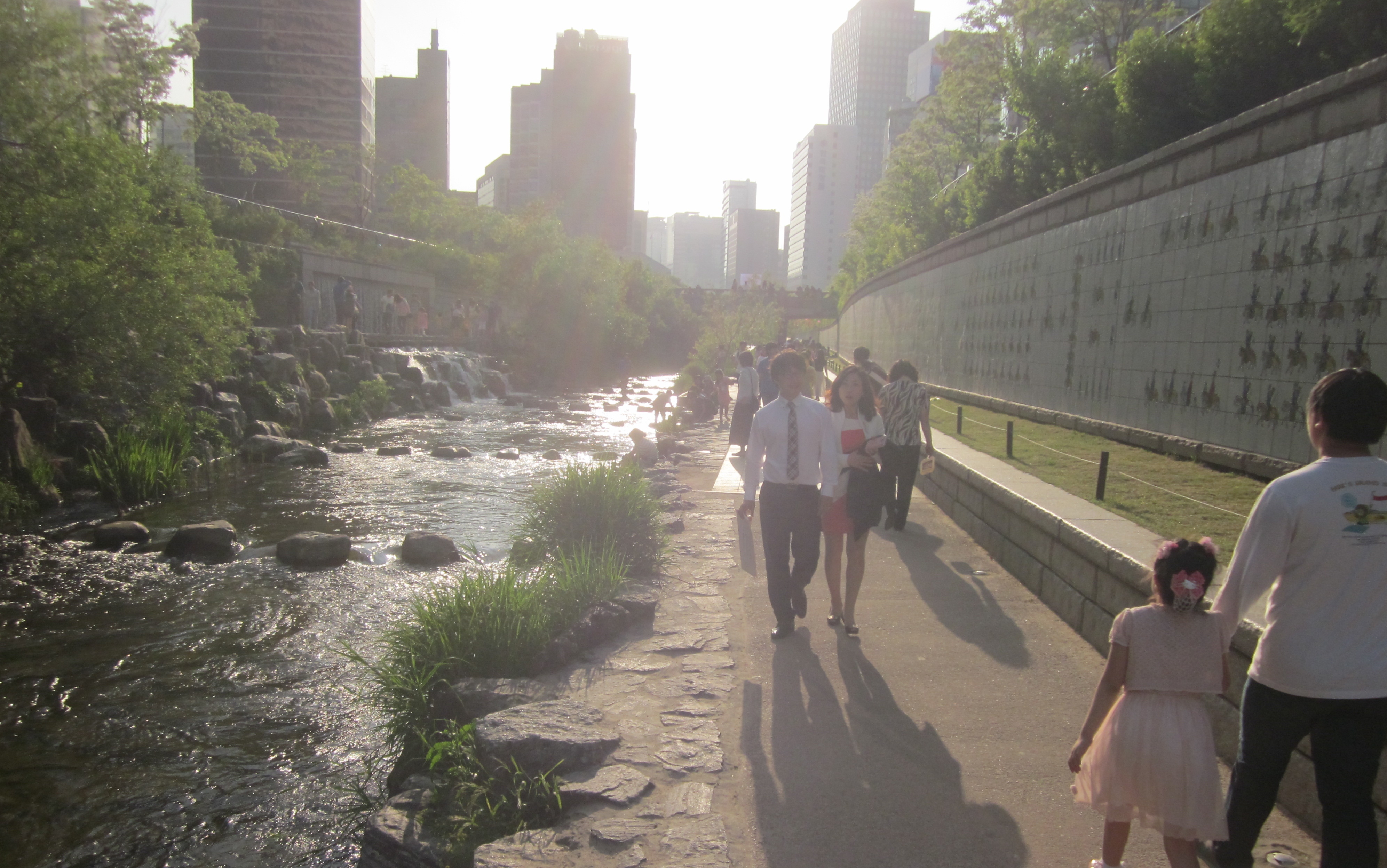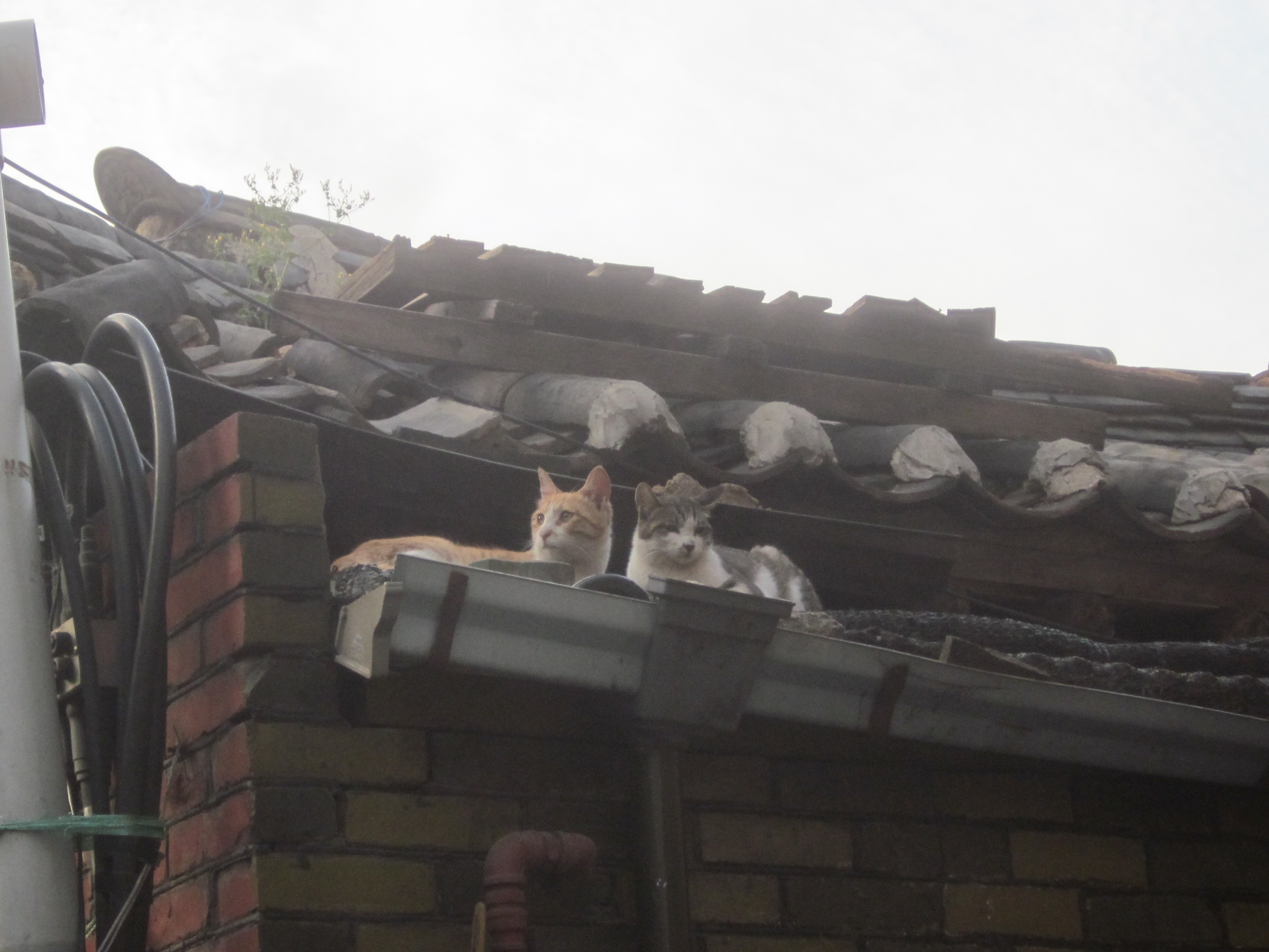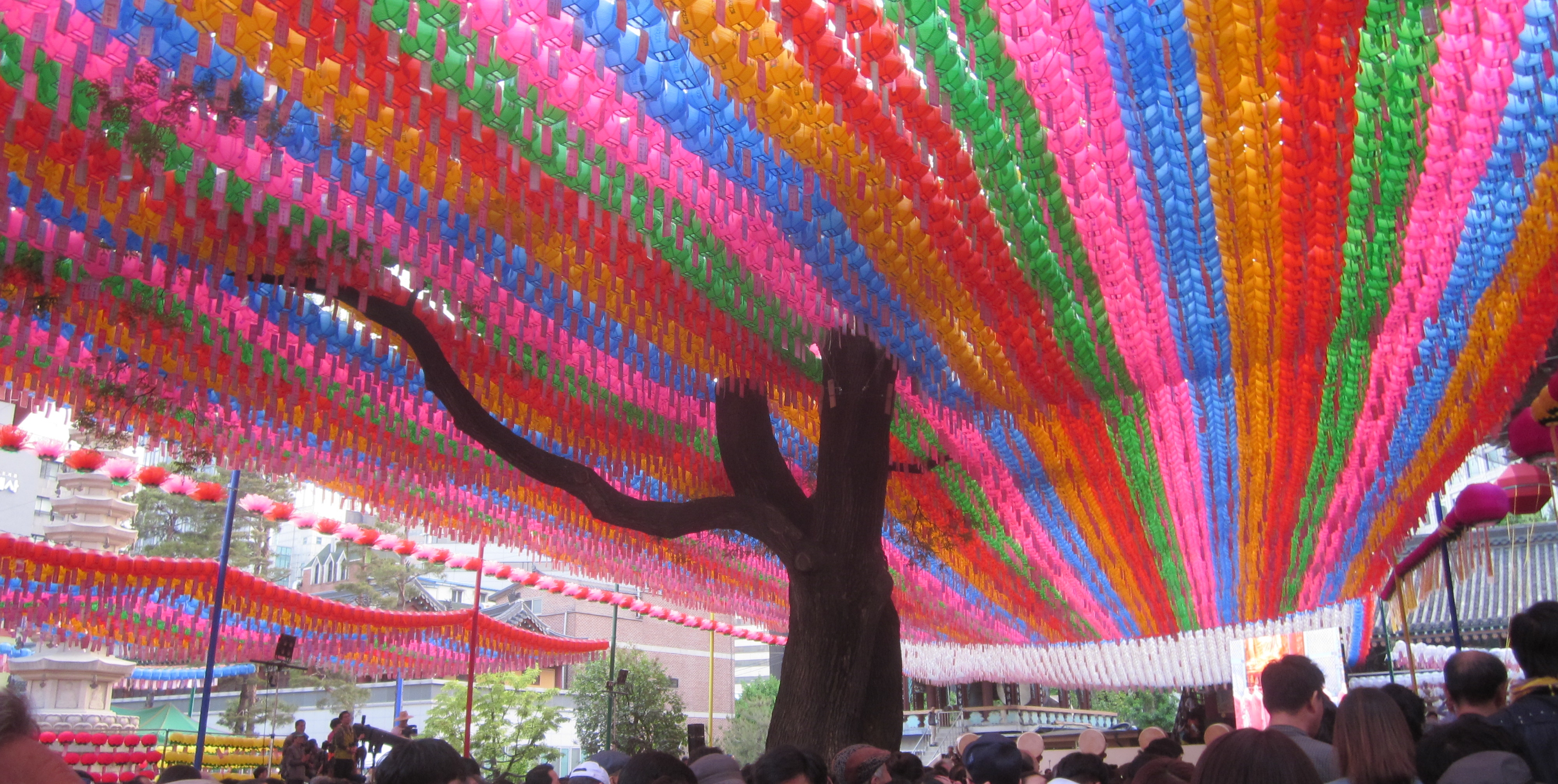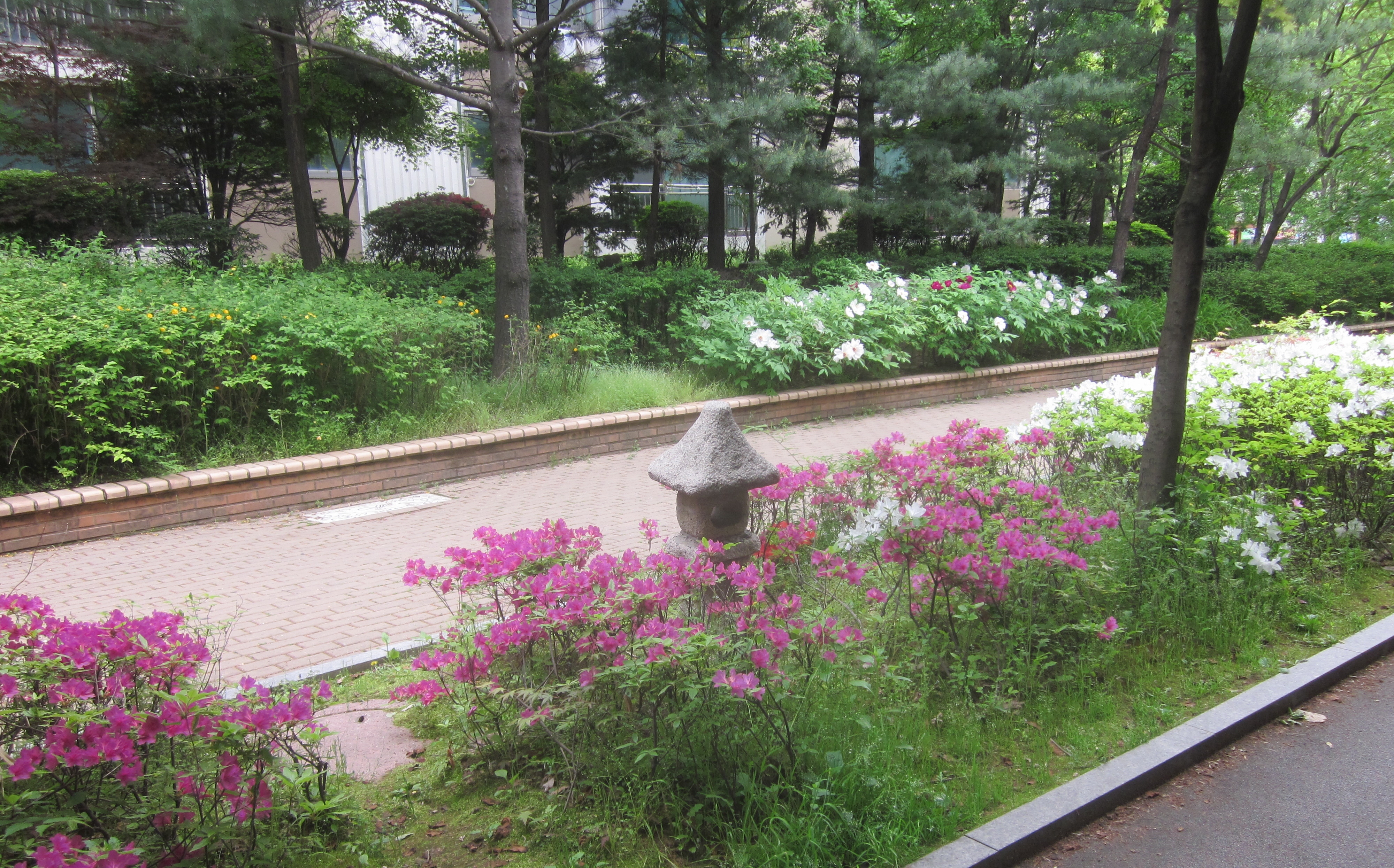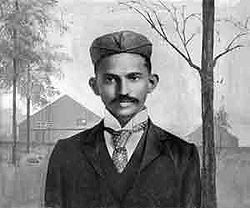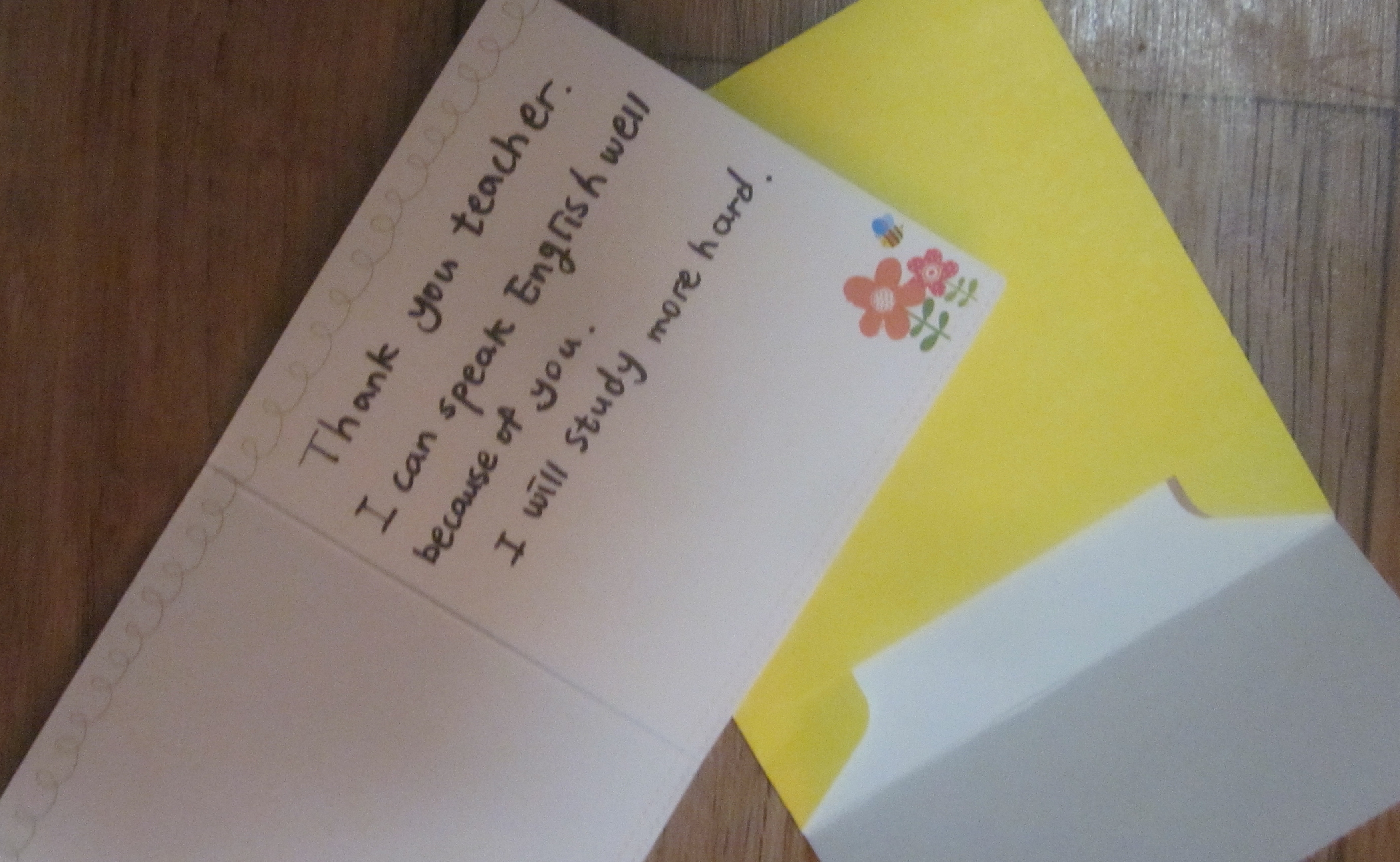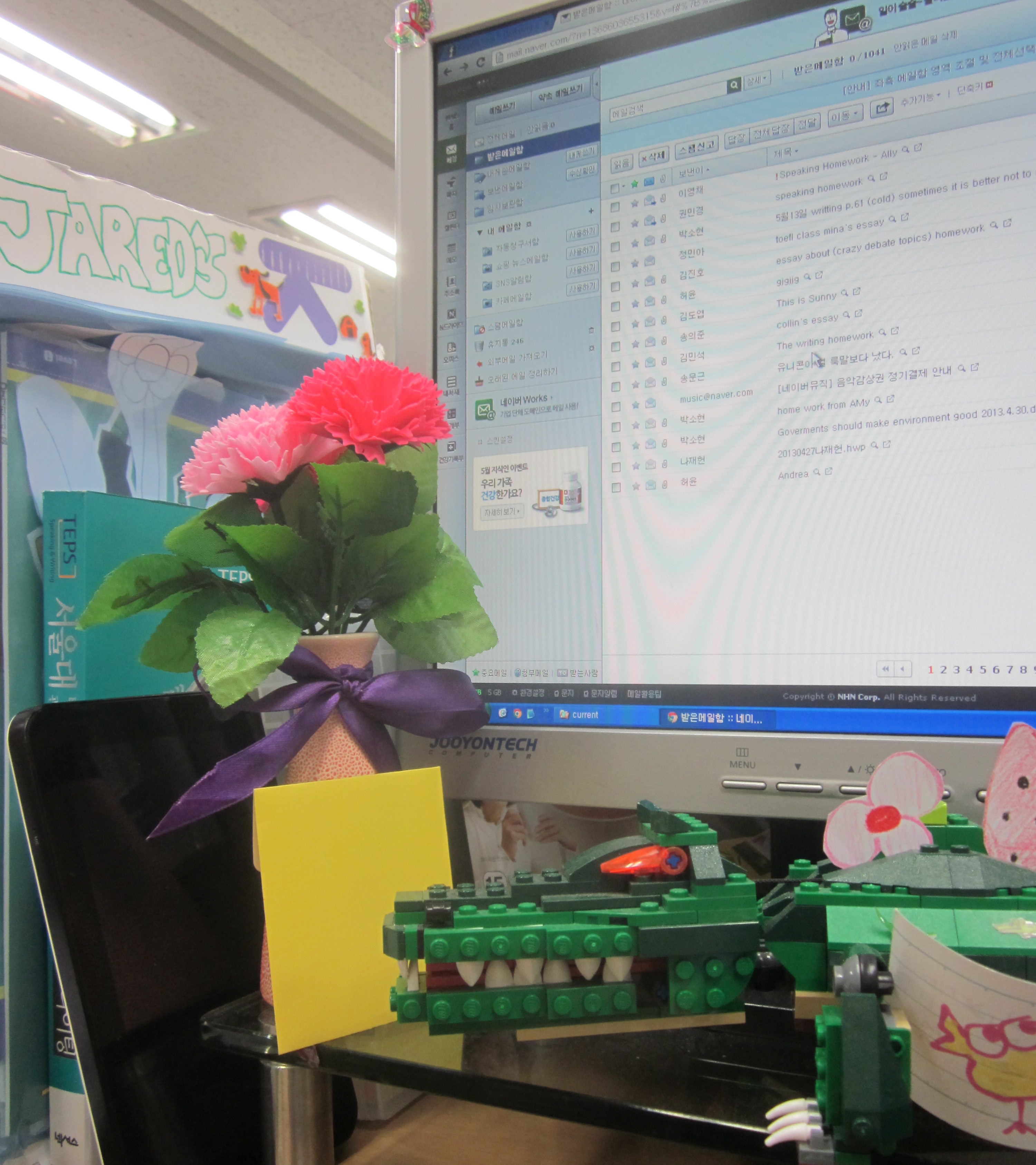There’s a genre of hiphop called “nerdcore.” This, I like.
What I’m listening to right now.
Lyrics.
[MC Frontalot]
Bright-colored robotic space rhinoceri
that we pilot — why? ‘Cause they’re in supply.
Plus, we heed the cry of our planet’s population
to defend them. We report to battle stations!
Split screen — ready! — and our rhinos are rocket ships
with fully articulated tusk, jaws, and hips.
They come equipped with individual special attacks,
none with a lack (but a couple a little bit slack).
I’m not naming any pilot specifically,
but we’re all color coded so you notice that typically
I (in the gold) lead the charge, do the most damage
to whatever very giant space invader managed
to threaten the globe in yet another of our episodes.
This week? Malevolent galactic nematode!
Already beat up the squad when we faced him.
I’m calling it: let’s form a giant robot and waste him.
Monster misbehaving
Planet’s needing saving
Situation’s grave and
I’ll form the head
The enemy is clever
We’re smaller but whatever
When we put it together
I’ll form the head
Y’all can do the treading
Swing energy machete
If combination’s ready
I’ll form the head
I’ll form the head
I’ll form the head
[ZeaLouS1]
What the deuce, Pink? What’d I tell you last time?
Got my agent on the phone, watch it with the worm slime.
And watch a star shine. Focus in your cameras.
‘Cause it’s a damn crime, being so glamorous.
Now pan it, yeah at us, shot of the supreme
Mister Quoise Rhinobot. Them? My lackey team.
You got the nimrod with the yellow laser beam
and the other guy’s otaku (and he wants to talk to me).
Between scenes, sometimes I feel out of place.
Oh yeah, I’m the biggest damn star in outer space.
Dear fans, I am powered by your flattery.
Love, little old me (not the diva or the daiquiri).
Back on track, team! And if you require me
to show some pearly whites, I’ll remind you why you hired me.
There’s no rivalry, just me instead.
I’ll be back in fifteen, just in time to form the head.
Monster misbehaving
Planet’s needing saving
Situation’s grave and
I’ll form the head
The enemy is clever
We’re smaller but whatever
When we put it together
I’ll form the head
Y’all can do the treading
Swing energy machete
If combination’s ready
I’ll form the head
I’ll form the head
I’ll form the head
[Dr. Awkward]
Am I the only one who’s finding this peculiar,
that fighting giant aliens is getting too familiar?
It’s bad enough, and just my luck, my bot is lightish red,
but do we always have to argue over who should form the head?
NASA-trained, I’m only overlooked cause I’m the nice guy.
I’m overqualified. I’ve logged six months of flight time.
Astrophysicist, but still there’s no respect for me.
The “Golden Boy” and Quoise couldn’t spell the word trajectory.
Now they have me face-to-face and fighting with some fish bait.
Ten minutes left? We’ll never finish at this rate.
We need a plan, re-running through other enemies,
but every battle has two-minute breaks within the memory.
All these giant insects, they put the world in jeopardy.
I remember MegaMoth as if it happened yesterday.
I think it’s time that we combine and rip this thing to shreds,
but only if you promise me that I can form the head!
Monster misbehaving
Planet’s needing saving
Situation’s grave and
I’ll form the head
The enemy is clever
We’re smaller but whatever
When we put it together
I’ll form the head
Y’all can do the treading
Swing energy machete
If combination’s ready
I’ll form the head
I’ll form the head
I’ll form the head
[MC Frontalot]
Pink! Turquoise! Stick together! Some say
UltraMegafauna only clicks together one way.
If that is apocryphal, might offer you turns
up top, where the view’s at. You can look stern
while we pose so menacingly, brandishing blade,
about to rid us of the enemy with one swoop. Yayyy!
Not now! Time’s critical. Don’t debate this again.
Oops! That space worm gobbled up Michigan.
Monster misbehaving
Planet’s needing saving
Situation’s grave and
I’ll form the head
The enemy is clever
We’re smaller but whatever
When we put it together
I’ll form the head
Y’all can do the treading
Swing energy machete
If combination’s ready
I’ll form the head
I’ll form the head
I’ll form the head


